OPENING NIGHT
April 20•22•23
VERDI LA TRAVIATA

A TRAGIC LOVE STORY AGAINST THE PREJUDICES OF SOCIETY
THE REAL TRAVIATA ARTISTIC DIRECTOR EDITORIAL
VIOLETTA IS ‘THAT GIRL’ CONTEMPORARY / POP CULTURE
WOMEN WHO EMPOWER COMMUNITY Q&A
WE STAND APART BY STICKING TOGETHER PERSPECTIVES
HOW TO ALIGN ART AND BUSINESS PERSPECTIVES

LA TRAVIATA TODAY THE ROLES WE CHOOSE
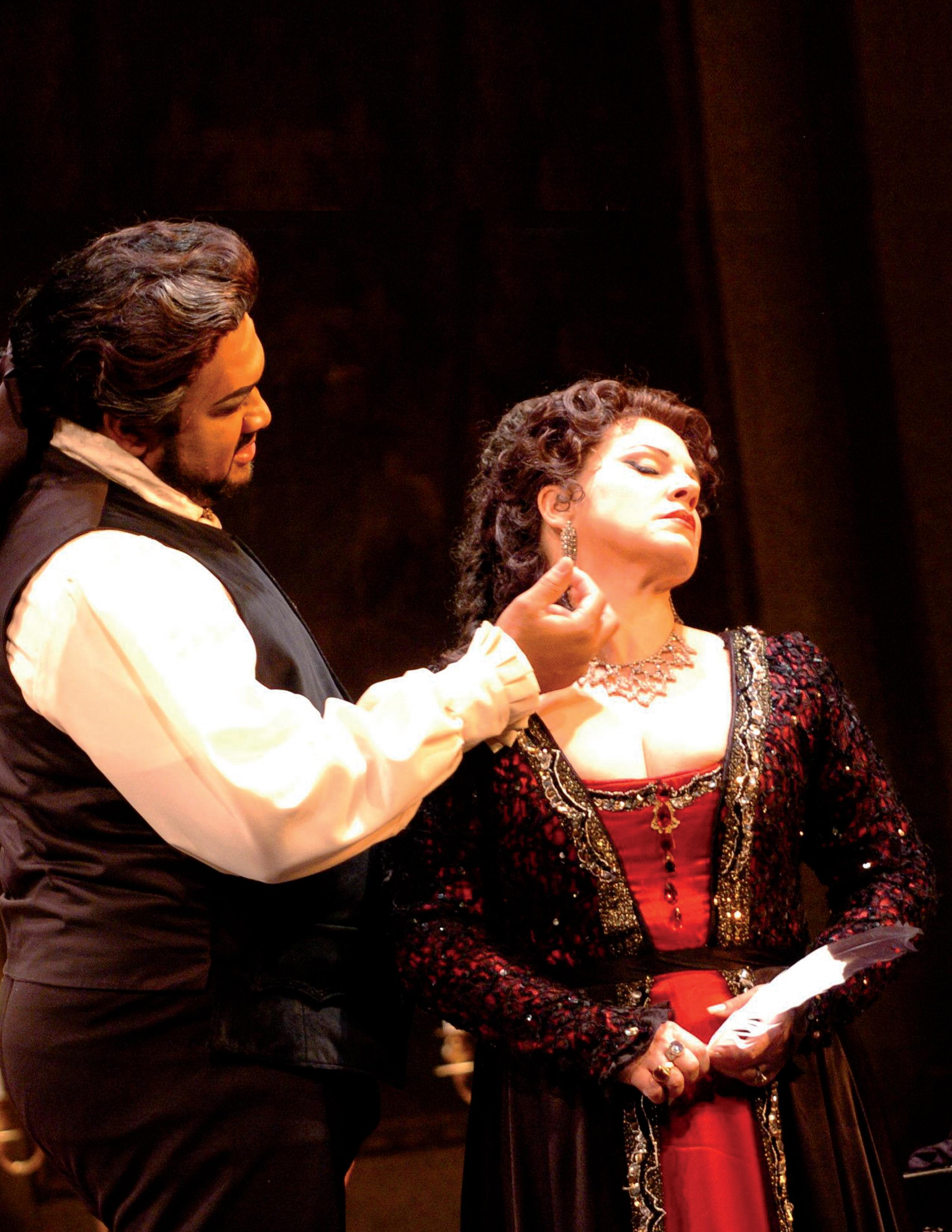
MCKENZIE COLEMAN MAKES
HER MARK IN MUSIC ED EDUCATION
APR 2023 / ISSUE 03 • operacarolina.org

www.operacarolina.org Season 2023 Tickets for the International Lyric Academy Festival productions on sale now at https://tix.cpcc.edu/upcoming-events/ or 704.330.6841 International Lyric Academy Summer Festival ® Lyric Concert Mozart Marathon June 29, 2023 ~ Parr Center, CPCC Conductor STEFANO VIGNATI *** Jacques Offenbach The Tales of Hoffmann July 5 & 8, 2023 ~ Halton Theater, CPCC Conductor JAMES MEENA *** Wolfgang Amadeus Mozart The Marriage ofFigaro July 6 & 7, 2023 ~ Halton Theater, CPCC Conductor STEFANO VIGNATI
BOARD OF DIRECTORS 2022/23 SEASON
OFFICERS
JULIE BERNARD , Board Chair. Deloitte
CAROL Y. KENDRICK , Chair-Elect. Brighthouse Financial
CHRISTOPHER T. MARDANY , Vice-Chair. Hearst
DARYL HOLLNAGEL , Secretary. Shumaker Loop & Kendrick
FRANK BONCIMINO, Chief Technology Officer, Treasurer Gaming Intelligence
PHYLLIS ZANGHI, Assist. Treasurer American Equity Insurance
ARLENE FEREBEE, Immediate Past Chair. Novant Health
MEMBERS
ROB BOISVERT , I-77 Mobility Partners, LLC
NATALIE BROWN, Ally Financial
MARGARET FARNHAM , Perry Poole Architects
MIKE GAITHER , American Tire Distributors, retired
JOHN HARMELING , Grant Thornton
BARBARA HOLT , Arts Advocate
CACI JAEGER, Arts Advocate
PAUL E. KARDOUS , Row Architecture

JENNIFER MARTIN , Arts Advocate

MARCUS MARTIN , U.S. Bank
CHRISTOPHER MAURER , Wells Fargo, retired
MATTHEW MOORE , JP Morgan Chase
JIM POWELL , Trane Technologies
ANN REED , Arts Advocate
JORDAN STERN, U.S. Bank
JOE TESSMER, Truist
ELIZABETH TRENARY , Parker Poe Adams & Bernstein
CURTIS WALLS , Become.Inspire.Empower, You vs. Yourself
DR. SHANTÉ WILLIAMS , Black Pearl Global Investments
AUNDREA WILSON , Arts Advocate
LIFE MEMBERS
DR. KI-HYUN CHUN , CPA, Ph.D., LL.D, The Chun Group,Inc.
ALEXANDRA PALIYENKO, Metropolitan Opera Laffont Competition
CHARLOTTE D. PAYNE , Arts Advocate
MARGARET (PEG) POVINELLI , Arts Advocate
EMILY SMITH , Arts Advocate
EX-OFFICIO MEMBERS
PAULINE CHINNIS , Opera Guild of Charlotte
OC2020 CAMPAIGN CHAIRS
MARY TABOR & ROBERT ENGEL
ENDOWMENT BOARD MEMBERS
W. THAD ADAMS, III , Shumaker Loop & Kendrick LLC (retired)
FRANK BONCIMINO, Chief Technology Officer, Gaming Intelligence
BROOKS CAREY , Chilton Trust
GEORGE H. EDMISTON, Carolinas Investment Consulting, LLC
C. WELLS HALL III , Nelson Mullis
THOMAS HUGHES , The Hearst Corporation (retired)
STEPHEN L. PHILIPSON , US Bank
OUR TEAM
JAMES MEENA, Artistic Director
DEVELOPMENT
CLAUDIO FERRI , Director of Development
KIMBERLY MIZE , Development Consultant
PHIL VOLPONI , Corporate Development & Government Affairs
EDUCATION & COMMUNITY
ASHLEY JOHNSON LAM , Director of Education & Community Programs
TEIL BUCK , Education Coordinator
MARKETING
ALINA MACNICHOL , Director of Civic Engagement & Customer Service
GAIL GARVIN , Customer Service Manager and Civic Engagement Assistant
DASIA HOOD , Creative Writer & Consultant
PRODUCTION
MICHAEL BAUMGARTEN , Director of Production, Resident Lighting & Video Designer
EMILY JARRELL URBANEK, Director of Music Preparation
WILBERT FERGUSON , Technical Director
JAY GRAVES , Assistant Technical Director
FINANCE
TINA KATIS , Accounting Manager
INTERNATIONAL LYRIC ACADEMY
STEFANO VIGNATI , Director
KATHERINE KUCKELMAN , Assistant
WWW.OPERACAROLINA.ORG
2 /
2023/24 OPERA CAROLINA SEASON
YEAR-ROUND COMMUNITY PROGRAMS
Resident Company of Artists
Art Poetry Music Concerts
Family Opera
Music Under the Stars
PopUp Opera
Musical Storytime
YEAR-ROUND EDUCATION AND CIVIC ENGAGEMENT
Opera Xpress Los Coyotes y Las Conejas (Coyotes and Rabbits)
The Stephanie and Howard Bissell Student Night at the Opera Program
The Patricia and Marcelle Gorelick My Mentor and Me Program
Civic Engagement Artists & Council of Creatives
Youth Academy
Voices Engaged Dialogues
CLASSIC GRAND OPERA PRODUCTIONS
Pietro Mascagni - Ruggiero Leoncavallo
CAVALLERIA RUSTICANA and PAGLIACCI
October 28, 29 & November 2, 2023

Giacomo Puccini
MADAME BUTTERFLY
January 25, 27 & 28, 2024
Camille Saint-Saëns
SAMSON AND DELILAH
April 18, 20 & 21, 2024
INTERNATIONAL LYRIC ACADEMY FESTIVAL 2024
W. A. Mozart
THE MAGIC FLUTE
Giacomo Puccini
SUOR ANGELICA and GIANNI SCHICCHI
Charlotte and Vicenza, Italy
June to July 2024
NEW WORKS IN THE WORKS
Carlos Simon and Sandra Seaton
THE PASSION OF MARY CARDWELL DAWSON
Nmon Ford HOUSE OF ORFEUS
A House Music Opera (World Premiere)

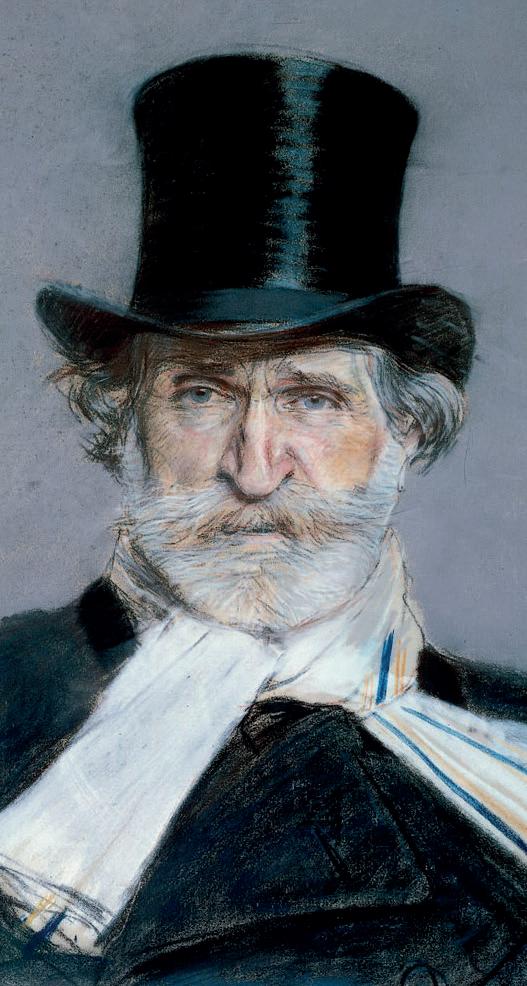
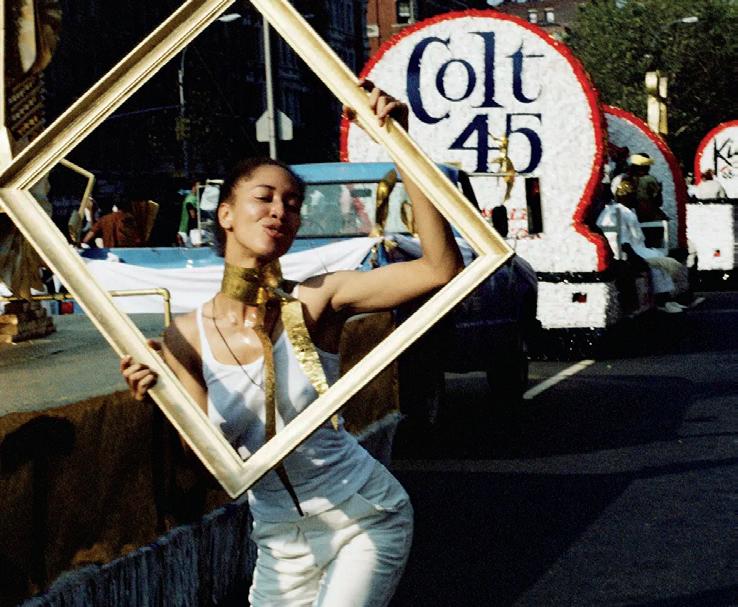
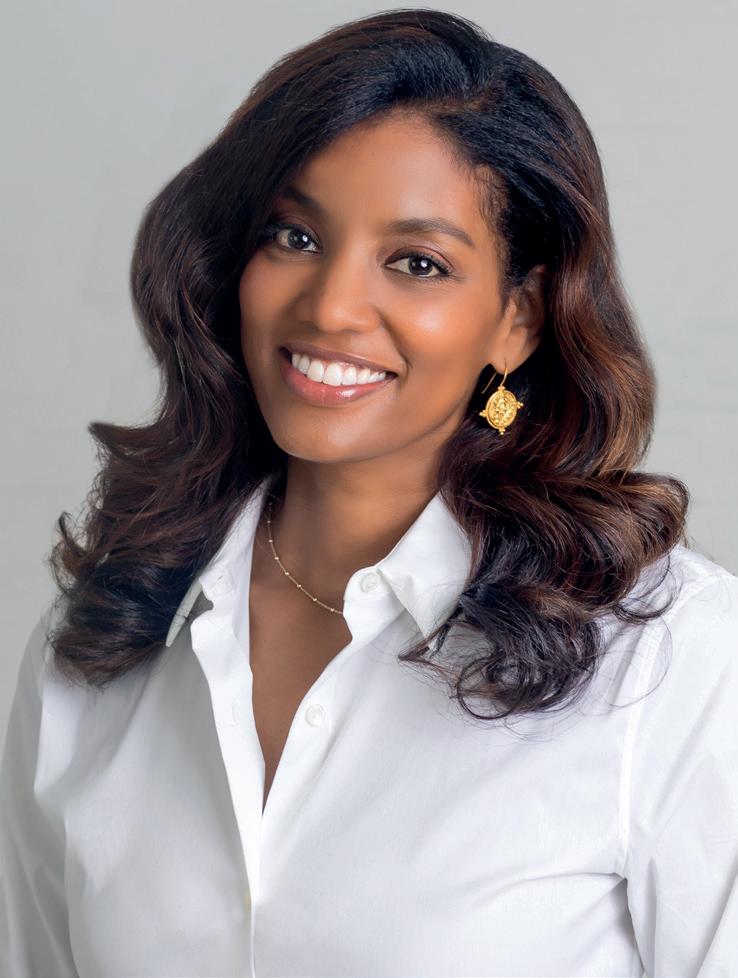

TABLE OF CONTENTS 16 27 THE REAL TRAVIATA 7 Artistic Director editorial by James Meena WE STAND APART BY 14 STICKING TOGETHER Artist and Community Catalyst by Makayla Binter HOW TO ALIGN ART AND BUSINESS 24 Resources / Opera Administration by Gail Garvin WOMEN WHO EMPOWER 27 Community Q & A by Natalie Frazier-Allen 4/ 14

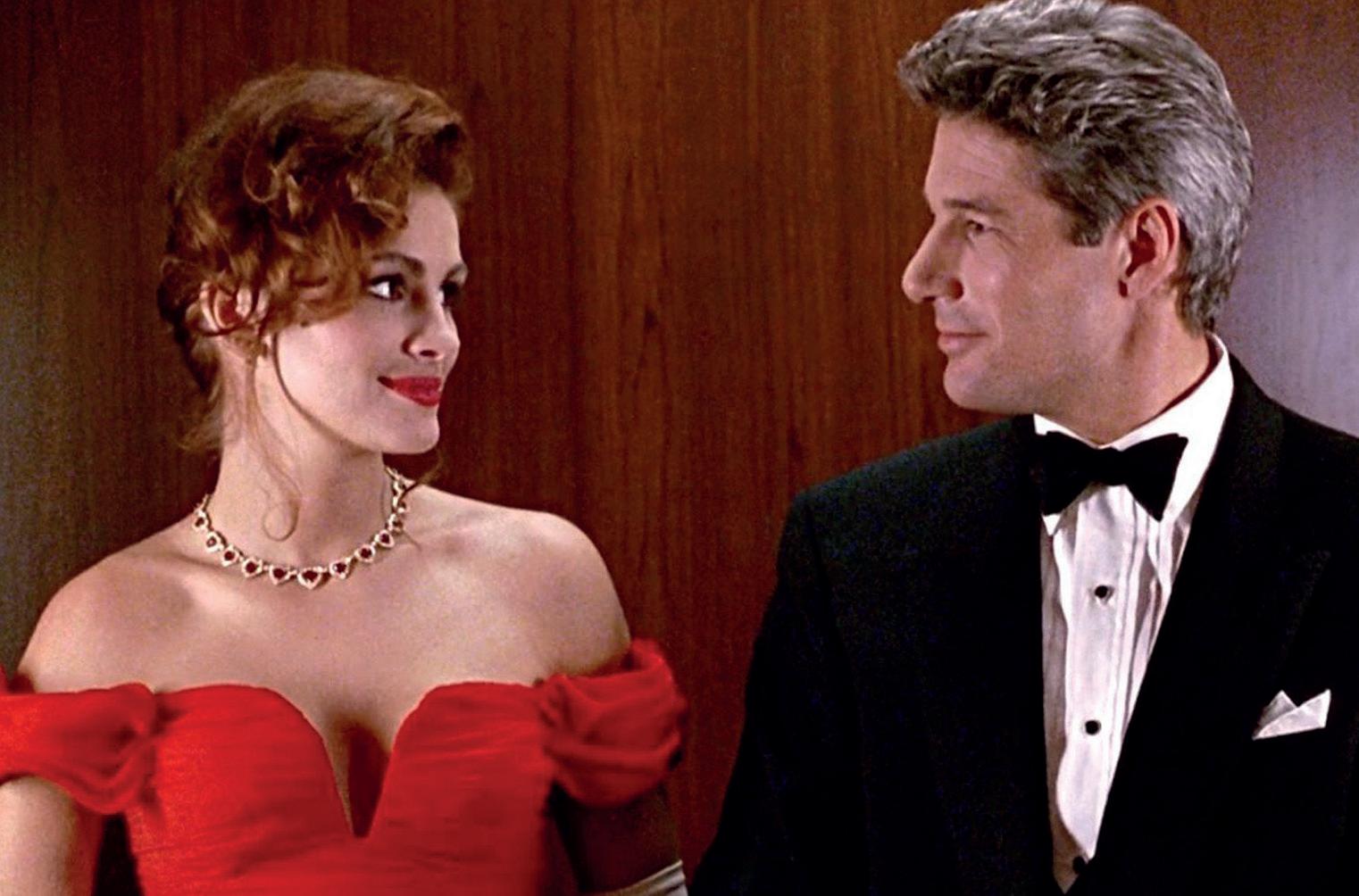

/ 5 THE ROLES WE CHOOSE 30 La traviata Today by Melinda Whittington VIOLETTA IS “THAT GIRL” 36 Contemporary / Pop Culture by Alina MacNichol MCKENZIE COLEMAN MAKES HER MARK 38 IN MUSIC EDUCATION Education by Ashley Johnson Lam OC Board & Staff 2 La traviata Title page 9 Opera Synopsis 10 Meet the Artists 13 Conductor’s Corner 19 Donor Spotlight 32 La traviata Calendar 44 & MORE... 36 30
AVANTICREDITS
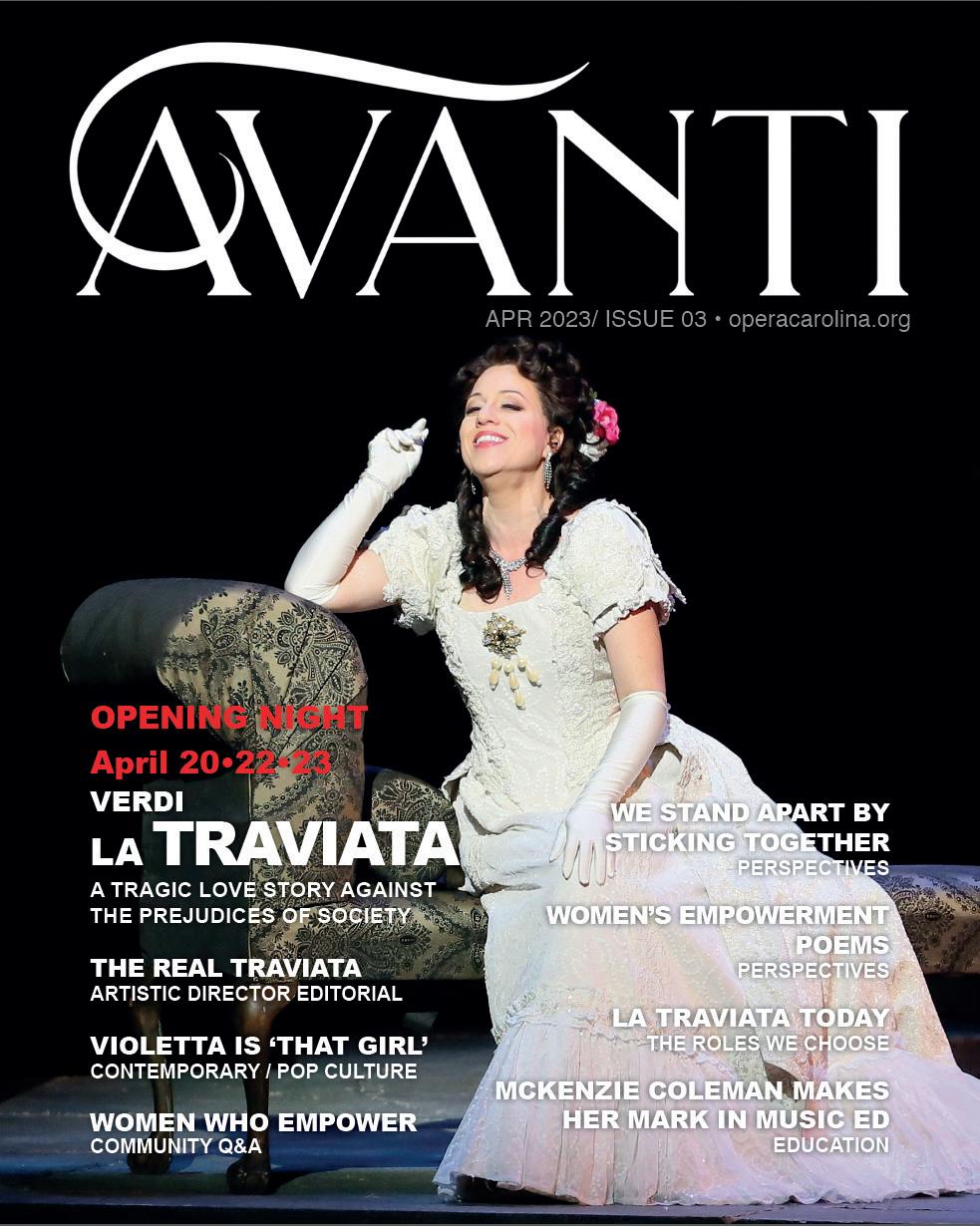

Publisher OPERA CAROLINA

Editor-in-Chief JAMES MEENA
Co-Editor DASIA HOOD
Art Creator & Designer
STEFANO VIGNATI
Contributors
MAKAYLA BINTER
NATALIE FRAZIER-ALLEN
MELINDA WHITTINGTON
GAIL GARVIN
ALINA MACNICHOL
ASHLEY JOHNSON LAM
Opera Carolina pictures:

MITCHELL KEARNY
JERRY TALIAFERRO (Black excellence photos)
Pictures courtesy: Royal Opera House, Covent Garden
Giulio Ricordi, publishing Touchstone Pictures
6/
JAMES MEENA
ARTISTIC DIRECTOR EDITORIAL
HE REAL RAVIATA T
TVerdi’s beloved opera, La traviata (The Fallen Woman) is based on the novella La dame aux Camélias by Alexandre Dumas, fils. The novella tells the real-life story of Dumas’ love affair with Marie Duplessis, an exceptionally gifted and beautiful young woman.
Marie, like so many young women from the provinces of France, went to Paris at a young age where she fell into the life of a courtesan. The tragedy is both Marie’s status in what the Parisians called the demi-monde (the half world) of the courtesan, and her death at the age of 23. Her death devastated Dumas, whose love for her is embodied in the novella.
This is only part of the story of La traviata, however. When one digs into the reason a composer, (particularly a famous composer who has many options for subjects) chooses a subject the reasons are often more compelling than simply, “Verdi thought La dame aux Camélias would be a good subject for his next opera”.
Why would Verdi, famous and sought after, choose a subject that he knew would be an affront to the majority of the public (which it was)? Just to make a point? Perhaps that is precisely the reason.
Women in 19th century Italy were expected to be married, raise children, and take care of the home, while men were expected to support their families. For a woman to do otherwise would endanger her status, often earning her ridicule and social isolation. Women in the arts, and particularly actors and opera singers, were considered to be low class, of low character and not worthy of respect.
Verdi’s first wife, Margherita Barezzi, and his two young children died over the period of 18 months. At the age of 27 he was alone. Over the period of several years, he formed an attachment to the famous soprano, Giuseppina Strepponi, who performed the lead in his first big hit, Nabucco
Giuseppina was unmarried but had children who she left with her family to be raised. She pursued her career and support them with her earnings as a major opera star. This stain on her reputation remained with her the majority of her life -- but Verdi didn’t care. What began as friendship became much more, but when Verdi and Giuseppina (at the time unmarried) moved to his home town of Busseto, she was ostracized, shunned and humiliated (with the exception of Margherita’s father, the extraordinary Antonio Barezzi).
This ‘Scarlet Letter’ scenario played out at the time Verdi was commissioned to write a new opera for Teatro la Fenice in Venice. That opera is La traviata, or The Fallen Woman. It would seem that in the case of both Alexandre Dumas, fils and Giuseppe Verdi, their love for extraordinary women was expressed in their art, for which we, more than 150 years later, are grateful.
James Meena, Artistic Director
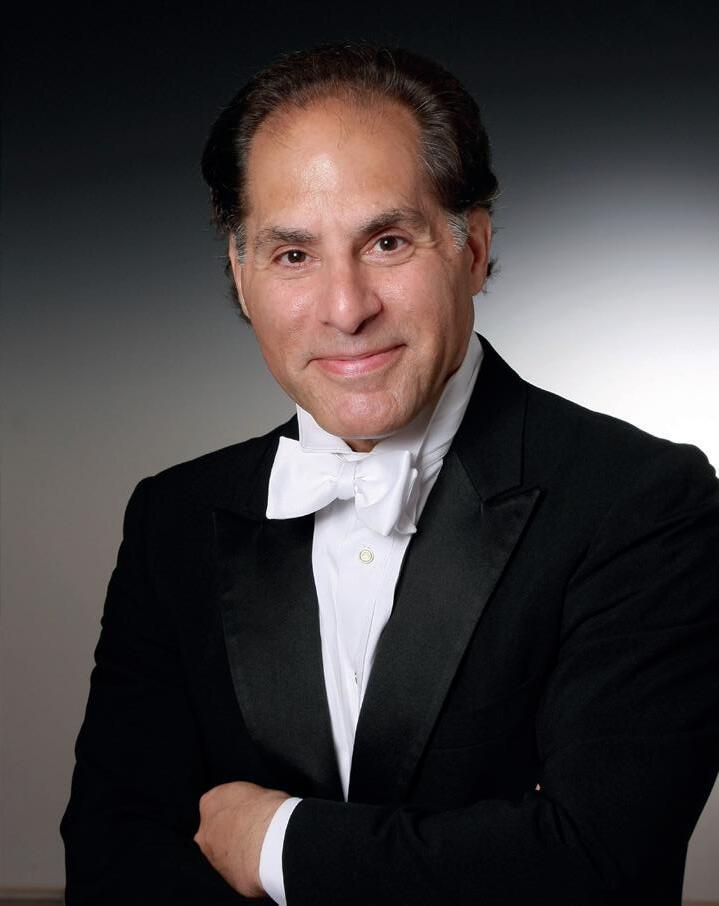

/ 7
THANK YOU

Opera Carolina Corporate & Foundation Major Sponsors













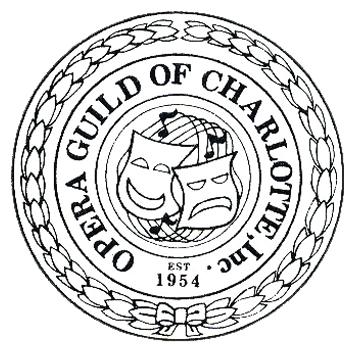


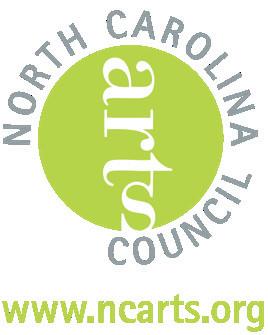
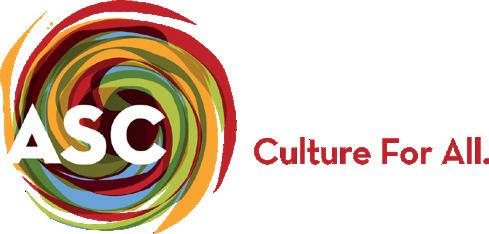 The George W. Bauer Family Foundation
The George W. and Ruth R. Baxter Foundation
The George W. Bauer Family Foundation
The George W. and Ruth R. Baxter Foundation
La traviata
Opera in Three Acts
Music by GIUSEPPE VERDI
Libretto by Francesco Maria Piave
Based on the novella La dame aux Camèlias by Alexander Dumas, fils First performance: March 6, 1853. Teatro la Fenice, Venice.
APRIL 20, 22 & 23, 2023
Belk Theater, Charlotte, North Carolina
This production is made possible by

Violetta Valery
Alfredo Germont
Giorgio Germont, his father
Flora Bervoix
Gastone
Marquis d’Obigny
Annina
Baron Duphol
Doctor Grenvil
THE CAST
Melinda Whittington
Dominic Armstrong
Hyung Yun
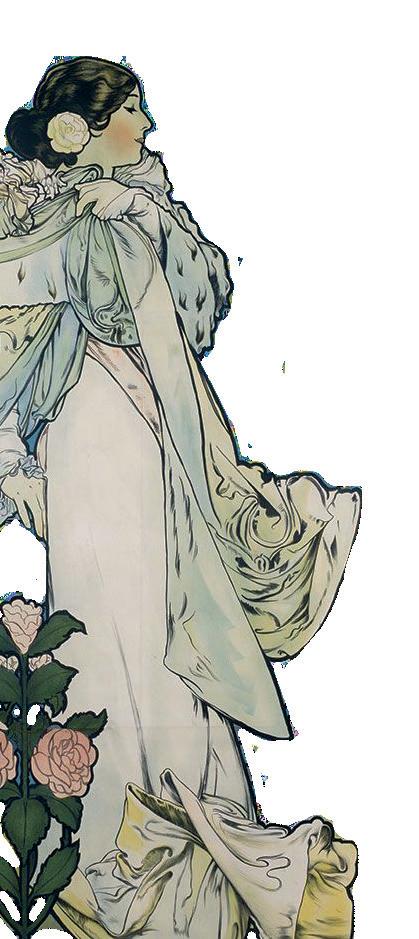
Ashley West-Davis*
Michael Owens*
John Fortson
Hannah Hoyt*
Dan Boye*
Ramelle Brooks*
Giuseppe Noah Rice
Conductor
Director
Lighting Design
Set scenery
Costumes supplied by
Wig and Make-up Design
Technical Director
*Member of the Resident Company
CREATIVE TEAM
Emily Jarrell Urbanek
Sam Mungo
Michael Baumgarten
Sormani
Sarasota Opera
Martha Rusaki
Wilbert Ferguson
The Opera Carolina Chorus and Academy Chorus ~ The Charlotte Symphony Orchestra
Opera Carolina dedicates these performances of La traviata to the following Gold Circle members of the Verdi Society for their philanthropic support.

Betty and Thad Adams, Julie and Joel Bernard, Daniele Donahoe and Eric Rosenwood, Pasquale and Alessandra
De Martino, Mrs. Roddey Dowd, Sr., Lane and Liz Faison, Peter Guild, Janet Haack, Paul E. Kardous, Callie and Win Kelly, Dennis and Kaye McGarry, Fred T. Lowrance and Alice McKay, Laura and Stephen Philipson, Ann M. Reed, Terry and Barbara Scott, Liz and Dave Shuford, Dr. and Mrs. T.C. Price Zimmermann
/ 9
Violetta Valery is a beautiful, engaging courtesan. In the world of the rich and powerful of Paris in the mid 19th century, social conventions bound everyone to a lifestyle that on the surface was righteous and proper. But beneath the surface existed another world –a half world, or as it is called in French, a demi-monde, where the nobility of the time could enjoy every excess their wealth could offer them, including the company of women. These courtesans were more than prostitutes–they were kept women who were expected to entertain for their patron, go to the theater and opera with him, and perform other services within the boundaries of the conventions of the demi-monde. It is within this setting that we meet our heroine, who is holding a supper party for her patron and lover, the Baron Duphol.
Synopsis
ACT I

Fall in Paris. Gaston introduces his friend, Alfredo Germont, to Violetta. He explains that Alfredo came every day during her recent illness to inquire after her health. It is clear that Violetta has been ill, but her friends do not realize she has the scourge of the 19th century, tuberculosis. In the famous Brindisi, or drinking song, Alfredo sings a toast to love, to which she replies. Here is Verdi at his most tuneful, ever balancing serious art with melodies that everyone adores. As the guests go off to dance, Violetta collapses in a fit of coughing. Quickly recovering, she tells them to proceed to the ballroom, but Alfredo lingers behind and declares his love for her. She laughs at his passion but is touched by his sincerity. She dismisses him but tells him that he may return when the camellia she has given him has faded. The guests leave and she remains alone to consider Alfredo’s invitation to love. She realizes that the social conventions that bind her life make true love impossible, and she resolves to continue her life of feverish gaiety in the thrilling aria Sempre libera (Always Free).
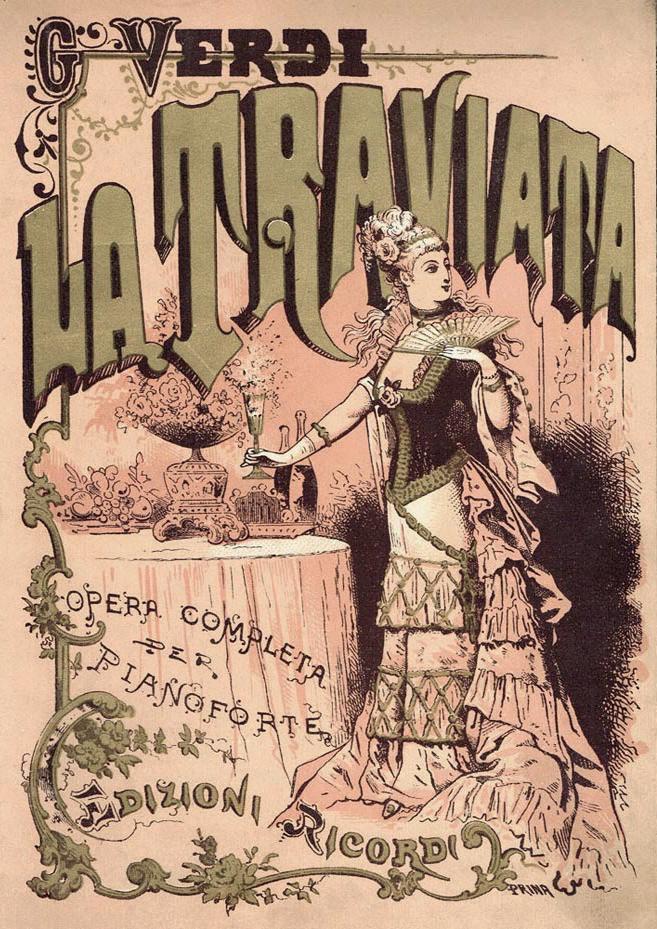
ACT II
SCENE 1, Spring. Violetta’s country house. For several months Violetta has been living happily with Alfredo. In an expression of naïve, exuberant love, Alfredo says his soul is in heaven when he is with Violetta. Alfredo surprises the maid, on her return from Paris. She reluctantly tells him that Violetta has been selling off her property to pay for the life she is now leading. His pride wounded, Alfredo leaves for Paris immediately to secure funds to pay the household expenses. In his absence, Violetta receives a visit from his father, Giorgio Germont. Here follows the conflict that drives the story–a well to do, middle class businessman from the provinces has come to confront the courtesan he believes is ruining his son’s life. He tells her that their illicit love affair is the reason why his daughter cannot be married. We might expect this music to be filled with anger, yet Verdi treats us to a lyricism that is at once simple yet compellingly beautiful. This tells us that this father, our antagonist, is not an ogre, but a well-meaning, gentle man who is motivated by his need to meet social conventionalities. At first, Violetta assumes Germont wants her to leave Alfredo until the wedding is over, but that is not what he wants. He reminds her that her past will always haunt them, and that true love can never be hers. In despair, Violetta tells him that Alfredo is all she lives for,
10/
Original cover, 1st Edition Piano Score (1899)
and such a sacrifice would kill her. In the months she has been in the country with Alfredo, her health has improved and she truly believes she has escaped her past, and her illness. Germont cruelly tells her that someday her beauty will fade and Alfredo, like all men, will grow tired of her. Succumbing to his unrelenting demands, Violetta sacrifices herself to the father’s wishes, asking only to be embraced as a daughter and to allow her to break the news to Alfredo. Having won, Germont leaves Violetta to decide how to break it off with Alfredo. She wants to write him a letter and leave before he returns, but Alfredo surprises her. She quickly hides the letter she just finished, and says she is leaving for a short while, but will return. Then turning to leave, she frantically confesses her love for him. Aflredo reads the letter and is crushed beyond belief. His father reappears to offer consolation and to ask him to come home to the family that loves him. Angrily rejecting this suggestion, Alfredo notices an invitation from Flora, one of Violetta’s friends, and he concludes that this is where he will find her.
SCENE 2, Flora’s house.
At Flora’s a magnificent party is underway complete with gambling, dancing, entertainment and gypsy fortune tellers. Violetta has returned to her former patron, Baron Duphol, and arrives with him. Alfredo then enters, to the surprise of everyone. He gambles with the Baron and wins a substantial sum. Violetta begs Alfredo to leave, but he forces her to explain her behavior; in desperation, and to protect Alfredo’s father, she says that she no longer loves him. At this, Aflredo calls the guests to witness that he pays his debts in full and throws his winnings at the face of the courtesan. Flora’s guests are outraged at his cruel behavior, and the Baron challenges Alfredo to a duel.
ACT III
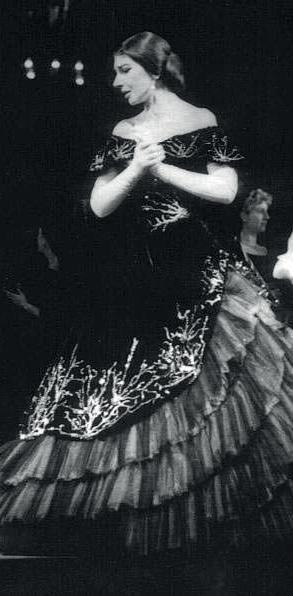


Winter. Violetta’s bedroom.
Violetta’s health has declined, the Baron has left her, and her money is almost gone. She tells Annina to give half of what little remains on the poor. She has received a letter from Alfredo’s father explaining that Alfredo wounded the Baron in his duel, and that Alfredo has left Paris. He tells her that his son now knows the truth of her sacrifice and that they will both soon return to ask her forgiveness.Too late, she cries, and in the magnificent aria Addio del passato, she realizes her life will soon be over. Alfredo arrives and for a moment, he convinces her she will recover and again be happy. It is too late for her, and she gives Alfredo a locket that she tells him to give to the woman he will someday marry. She asks him to be happy and to remember her. Reconciled to both father and son, and no longer bound by social convention, Violetta’s sacrifice is complete as the curtain falls.
/ 11
Maria Callas, La traviata, Royal Opera House, Covent Garden (1958)
MULTI-MILLION DOLLAR COMMITMENT CITY OF CHARLOTTE
$1.5 MILLION AND ABOVE Bank of America
C.D. Spangler Foundation / National Gypsum Company
John S. and James L. Knight Foundation
Trane Technologies
$600,000 - $1 MILLION
Albemarle Foundation
Atrium Health

Barings
Duke Energy
Honeywell
JELD-WEN, Inc.
LendingTree Foundation
Lowe’s Companies, Inc.
Novant Health

Red Ventures
Truist
$300,000-$600,000
Ally Financial
The Centene Charitable Foundation

Childress Klein Properties
Coca-Cola Consolidated Deloitte
EY
The Gambrell Foundation

Moore & Van Allen
PwC
Robinson, Bradshaw & Hinson, P.A.
Rodgers Builders
Wells Fargo
UP TO $300,000
Fifth Third Bank
Foundation For The Carolinas
Deidre and Clay Grubb
Leslie and Michael Marsicano
Jane and Hugh McColl
Nucor Corporation
PNC Bank
12/
INSIDE OPERA
LA TRAVIATA

MEET THE RTISTS A
EMILY JARRELL URBANEK, Conductor
Emily Jarrell Urbanek enters her 16th season as Opera Carolina’s Director of Music Preparation, serving as chief coach, pianist, and chorus director. She is also an extra keyboardist with the Charlotte Symphony and frequently performs chamber music with Chamber Music for All and instrumentalists throughout the region.
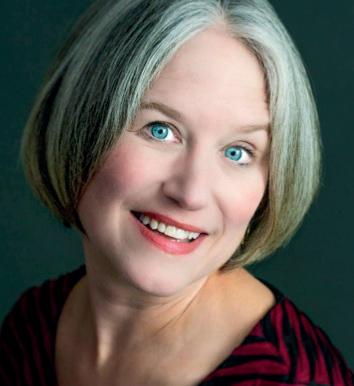
A graduate of Furman University, her recent performances as pianist include Franz Schubert’s “Trout” Quintet and Fanny Mendelssohn’s Piano Trio Op. 11 with the Bechtler Ensemble, Dvorak’s Piano Quintet in A Major, Op.81, with the principal strings of the Charlotte Symphony in collaboration with the Charlotte Ballet entitled “Ibsen’s House”, and Shostakovich’s Seven Romances with Chamber Music for All. Emily prepared and conducted Opera Carolina’s co-production of Derrick Wang’s Scalia/Ginsburg in February 2020, and in Michigan for Opera Grand Rapids for an innovative live stream performance during the pandemic.
Last season, she led Opera Carolina’s March 2022 performances of Zach Redler and Jerre Dye’s new opera, The Falling and the Rising. Since 2007 she has been on the music staff of Chautauqua Opera and has served as principal pianist and repetiteur for New York City Opera, San Diego Opera, Austin Lyric Opera, the Fort Worth Opera Festival, New Orleans Opera, and Kentucky Opera.
SAM MUNGO, Director
Dr. Samuel Mungo has been involved in opera as singer, director and producer for over 30 years. He recently collaborated with conductor Marin Alsop on a critically acclaimed production of Bernstein’s Mass, with over 540 participants. Other recent shows include L’elisir d’amore for Peabody Opera and the World Premiere of Kirke Mechem’s Pride and Prejudice, which won Best of Baltimore. Committed to fostering new, socially conscious opera, he has led Errolyn Wallen’s ANON, Béla Pintér’s A Bajnok, and Laura Kaminsky’s As One.
Professional directing credits include Die Entführung aus dem Serail for Florida Grand Opera, Il Trovatore for San Antonio Opera, and Suor Angelica and Gianni Schicchi for Stara Zagora and Plovdiv Operas, respectively. Honors include Classical Performance of the Year for Rigoletto in San Antonio, twice Opera Production of the Year from the National Opera Association, and the Silver Medal in the Charles Nelson Reilly Prize for Opera Direction from The American Prize.
Recognized as an expert in actor training for the young singer, Dr. Mungo has lectured and presented at universities and national conferences across the country, including the National Opera Association, Hunter College, University of Maryland, UMKC Conservatory, University of Georgia, and Classical Singer Convention.
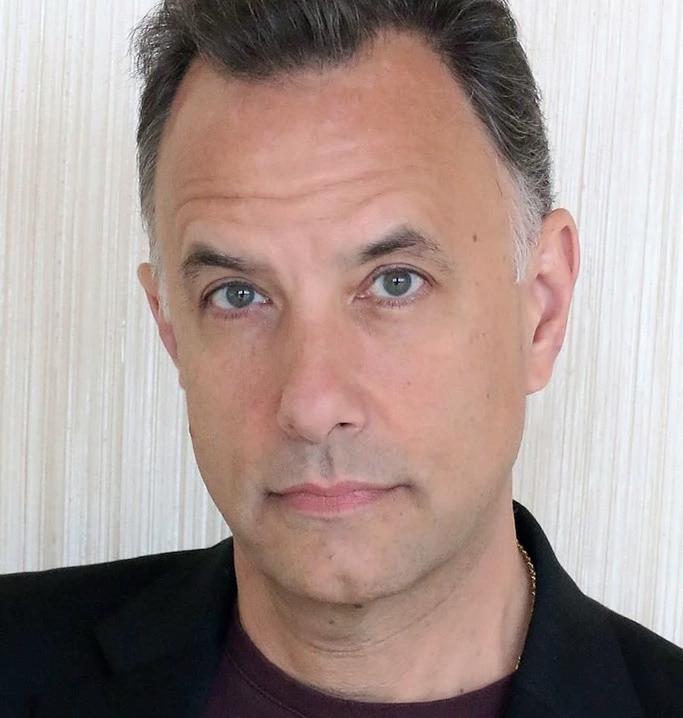
/ 13
PERSPECTIVES
TARTIST AND COMMUNITY CATALYST WE STAND APART BY TICKING OGETHER
S
By Makayla Binter
Artists are documenters of the human experience, sharing thoughts and experiences that may be lost to history books and twisted narratives. We pass on messages in many mediums to clarify and uplift human change and culture.
The decades and iterations of the women’s empowerment movement include many powerful women; Frida Kahlo, Marina Abramovic, Judy Chicago, and Barbara Krueger (to name a few). Their work expresses women’s power by sharing their truths, such as making fun of the media’s tendency to minimize women, as seen in Krueger’s We Don’t Need Another Hero, 1984.
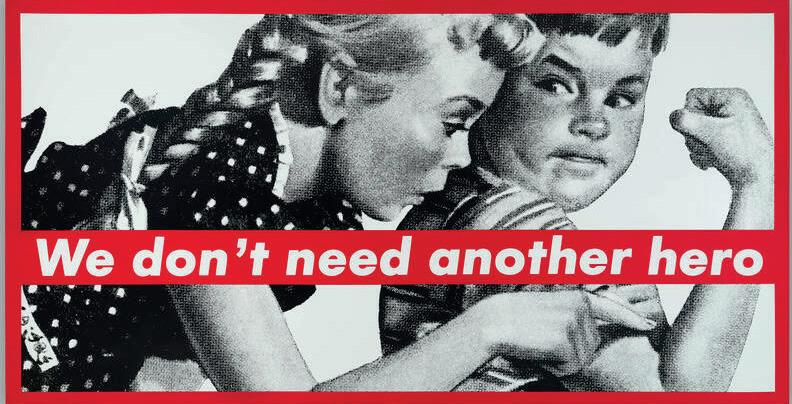
Mimicking the iconic poster of Rosie the Riveter, which was used in World War II to get women involved in shipyards and factories, a child flexes as a young girl points at their bicep. You can see the flexing child’s strained face while their friend seems almost shocked or judgemental at the motion.
The words “We don’t need another hero” say exactly what they mean - women can do and be who they need to be for themselves. Krueger’s choice of a poster adds a narrative as posters are easily consumed and have a fleeting chance of catching the attention of those reading them. And the following sentence, “Printed on paper, they can be pinned up but easily torn down or disintegrated.” Krueger’s work became the cover of magazines and was published across the country.
So, even if you were not actively looking for her work, you saw it. She made easily consumable work with quick phrases that could be recalled and had several layers to them, which we call sticky in the art community.

The imagery. The words. The message. They stick.
In the case of Judy Chicago’s The Dinner Party Chicago built a large, triangle-shaped dinner table with plates for influential women and threw away the concept of “roundtable talk.” Not only were women not perceived to be at the theoretical table, but Chicago just built her own.
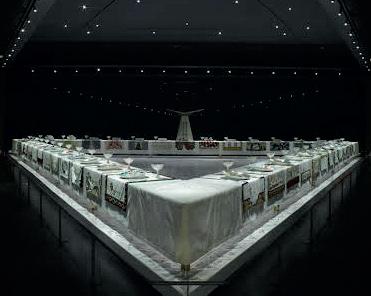
14/
The Dinner Party, Judy Chicago, 1974-79.
We Don’t Need Another Hero, Barbara Krueger, 1984.
She devalued the table of decisions, of the patriarchy, the rule makers, and filled her table with women that changed the experience for all.
These pieces are highlighted to emphasize a women’s perspective. From social hierarchies to historical standards, there was and continues to be an ideology surrounding women’s capability. Artists can take those expectations and their experience of maintaining or breaking them to make thought-provoking pieces of work and ultimately connect with a broader audience.
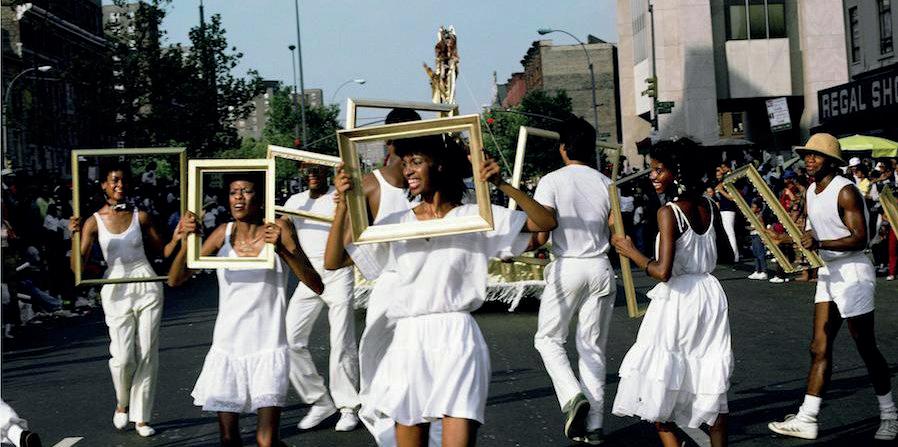
Today, we have texts and literature that discuss the intersectionality of an individual experience. This is the layers of a person’s identity- their race, sexuality, age, ability, gender orientation- and how that impacts their ability to exist. This fact is critical in depicting the women’s empowerment movement because it emphasizes the impact of black, brown, queer, and trans womxn that have participated and changed women’s rights for all.

From fashion to language arts to photography, the arts are an opportunity to dive into the many layers within a single person and get an idea of how several systems of oppression impact those identities. From the construction, execution, or production of a piece, consumers can see the levels of individuality in every work of art. In the case of Lorraine O’Grady, she captured the black joy in all of its forms by walking through Harlem in 1983 with gold frames.
Just from the photograph alone, you can see different skin tones and expressions of Blackness. Each person with a gold frame is their work of art. But, this frame encourages us to look at the entire person in the frame. Viewers can bring all of these notes together and see the multi-level observations about each person in the frame by looking at the play of foreground, middle ground, and background, hair texture and style, clothing, and frame style.
Arts in the women’s empowerment movement, and any social change, are used to study the grassroots experience. The authenticity and honesty of these works and the people that showcase them need to reflect various perspectives and experiences. Representation in storytelling broadens our views, sticking out from the predominant narrative that excludes and minimizes the human experience.
/ 15
A detail of Lorraine O’Grady’s Art Is... (Troupe Front), 1983.
EnchantinG V ERDI
Giuseppe Verdi, (1813-1901)
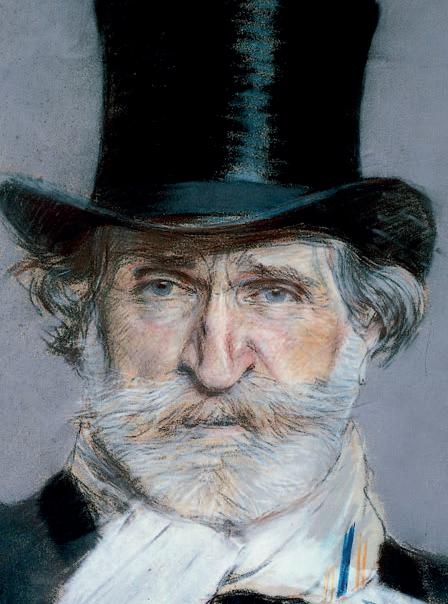
Born in Busseto, by the age of 10, Verdi was the assistant organist at his local church; at the age of 13, Verdi was already an assistant conductor of the Busseto Orchestra. As a young man, he moved to Milan but was not accepted in the conservatory that today bears his name, because he exceeded the age limit and his skills as a pianist were deemed to be provincial. Instead, he took private lessons from Vincenzo Lavigna, the harpsichordist at the Scala Theater. In 1837, he composed his first opera, Oberto, which enjoyed moderate success. It was with Nabucco (1842), however, that Verdi became a legend. Between 1850 and 1853, Giuseppe Verdi would compose his three most famous and beloved operas — Rigoletto, Il Trovatore, and La traviata. Of his twenty-seven operas, these three form the core of his middle period of composition, and fully express his musical and dramatic power. Only a few weeks separate the premieres of Il Trovatore in Rome and La traviata in Venice. Indeed, sections of La traviata were written on the train between Rome, Venice, and Verdi’s villa at Sant’Agata.
La traviata is based on the play La Dame aux camelias by Alexandre Dumas, the son of the famous author of The Three Musketeers. Best known to Classic Movie buffs as Camille, the play was first performed in Paris in 1852 and Verdi saw a performance. The basis of La Dame aux camelias lies in fact–a true liaison between the author Dumas and the beautiful Parisian courtesan Marie Duplessis, who he lived with during the summer of 1845. None of Verdi’s operas before La traviata dealt with a contemporary setting–from Nabucco to Il Trovatore, the settings were historic or mythical, the characters representations of human emotions, but never actual living people. La traviata is set in what would have been contemporary times, i.e., Paris in the 1850’s, and its subject, which deals with an illicit love affair by a young man from the provinces with a provocative kept woman, includes scenes showing the rich and powerful being involved with the demi-monde, the world of courtesans, gambling, and extravagance of Paris at that time–taboo subjects that were scandalous.
On opening night, the Venetian public saw characters dressed as they would have dressed, in circumstances dealing with women of loose virtue, familial conflict and the most dreaded of contemporary illnesses, tuberculosis. Add to this the fact that soprano Fanny Salvini-Donatelli, the first Violetta, was a stout woman portraying a beautiful, frail and vulnerable courtesan, and you have the makings of a disaster–and a disaster it was. The day after the March 6 premiere, Verdi wrote to his assistant, “Emanuele: Traviata last night–a fiasco. Was it my fault or the singers? Time will tell.” Time has indeed judged that La traviata is one of Verdi’s greatest works, the third of this famous triumverate of operas from this extraordinarily creative period in his long and productive life.
By the age of 49, Verdi had been elected deputy to the first Italian parliament and, at Cavour’s request, composed a national hymn to promote feelings of solidarity within the new nation. With the death of Rossini in 1868, Verdi composed his magnificent Requiem Mass. Ever wavering between retirement and the seduction of a new project, Verdi composed Aida in 1871, intended to be Egypt’s national opera.With its premiere in Cairo, the opera became an immediate success and has remained one of Verdi’s greatest artistic achievements. His final works, Otello and Falstaff, are the crowning achievements of the illustrious career of one of music’s greatest composers.
INSIDE OPERA

MELINDA WHITTINGTON, Violetta Valéry
The Salt Lake Tribune praises Melinda Whittington for her “performances of emotional resonance along with their powerhouse vocals.” Melinda returns to her home company, Opera Carolina, for her role debut as Violetta in La traviata. Last season with the company, she sang Donna Anna in Don Giovanni and the Coming Home Soldier in Redler and Dye’s The Falling and the Rising. She also returned to the Metropolitan Opera for its production of Akhnaten and sang further performances of Donna Anna in Don Giovanni with Opera Grand Rapids. Next season she looks forward to making her role debut as Mimi in La boheme with Minnesota Opera. Among the soprano’s other recent performances are debuts with Arizona Opera as Donna Anna in Don Giovanni and a return for the title role of Rusalka, Utah Opera for Donna Anna in Don Giovanni, Ash Lawn Opera as Fiordiligi in Così fan tutte, and North Carolina Opera as Ada in Higdon’s Cold Mountain and Nedda in Pagliacci. She has sung the title role of Arabella with Pittsburgh Festival Opera; Juliette in Roméo et Juliette with Opera Birmingham and Pensacola Opera; Micaëla in Carmen with Greensboro Opera; Donna Elvira in Don Giovanni with Green Mountain Opera. The soprano joined the artist roster of the Lyric Opera of Chicago for its recent production of Eugene Onegin and the Metropolitan Opera for Akhnaten and Macbeth. She sang Micaëla in Carmen and Marie Antoinette in Corigliano’s The Ghosts of Versailles as a Filene Young Artist at Wolf Trap Opera and subsequently returned to the company for a birthday concert celebration honoring the composer. She was the 2015 first place winner of the Opera Birmingham competition, 2016 third place winner in Fort Worth Opera’s McCammon Voice Competition, a 2013 semi-finalist of the Metropolitan Opera National Council Auditions, winner of the Charlotte Opera Guild Competition, and an encouragement award winner in the Gerda Lissner International Vocal Competition. She is a former participant in the prestigious Merola Opera Program in association with San Francisco Opera at which she performed scenes as the title role in Donizetti’s Anna Bolena, Barber’s Vanessa, and Bizet’s Le jolie fille de Perth. She holds a Master of Music degree from the University of North Carolina Greensboro and a Bachelor of Music from the University of North Carolina at Chapel Hill. Melinda just released a self-produced album of art song entitled Night and Day, which is available in the lobby.

DOMINIC ARMSTRONG, Alfredo Germont
Dominic Armstrong, a Metropolitan Opera National Council finalist and winner of the George London Competition has performed in recitals at The University of Missouri and his alma mater Truman State University, Brooklyn Art Song Society; symphonic concerts with the University of Missouri (Verdi’s Requiem), Salisbury Symphony, and the Bangor Symphony (Beethoven’s Symphony No. 9), and returns to Opera Carolina following his powerful performance in The Falling and the Rising with his home company. Dominic debuted with Utah Opera, portraying Der Steuermann in Der Fliegender Holländer and returned to a more active performance schedule, including recitals and operas with Dayton Opera. He made his UK debut premiering Will Todd’s Requiem Gravare, and curated a program of Czech art songs as well as performiomng a semi-staged production of Janacek’s The Diary of One Who Disappeared with The Castleton Festival. In 2019/20, he debuted with Kentucky Opera as Don José in Carmen, On Site Opera as Peter Quint in Turn of the Screw, Ricky Ian Gordon’s new work Intimate Apparel with Lincoln Center Theatre. Along with the National Council and George London awards, Dominic has received prizes, grants, and awards from The Sullivan Foundation, The Opera Foundation, Opera Index, Gerda Lissner Foundation, SAI Vocal Competition, The Annapolis Opera, Gold Medal Competition (Truman State University), NATS State and Regional awards, and was the winner of the 2009 Liederkranz Art Song Competition. He holds degrees from Truman State University, The Juilliard School, and The Curtis Institute of Music. In Fall of 2020, Armstrong joined the University of South Carolina faculty as an Assistant Professor of Voice. He joined the faculty of the Opera Conservatory of The Chautauqua Opera in the summer of 2022. Read his full bio at operacarolina.org.
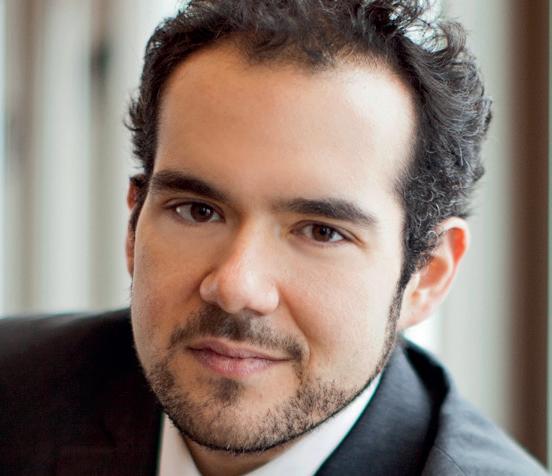
/ 17
CONNECT WITH US CONNECT WITH US
• Facebook.com/operacarolina
• Twitter.com/operacarolina
• Instagram.com/operacarolina
• LinkedIn.com/operacarolina
• YouTube.com/operacarolina
• Email: eclub@operacarolina.org
• Website: operacarolina.org
• Mailing Address The Elizabeth Roddey Dowd Opera Center 1600 Elizabeth Avenue, Charlotte, North Carolina 28204
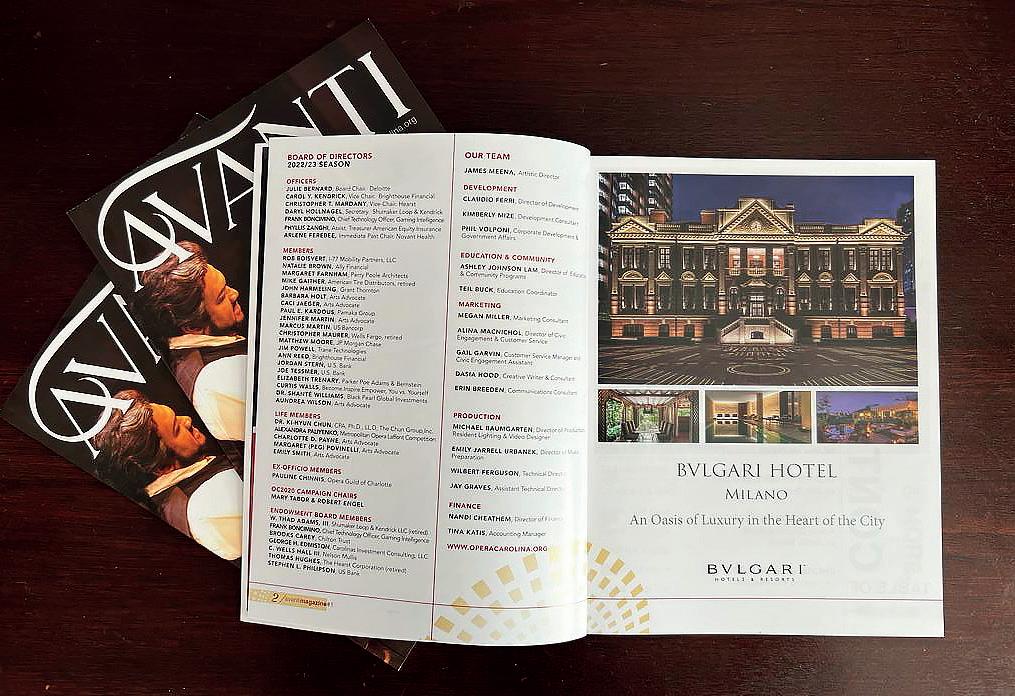
• Phone: (704) 332.7177 ext.100
• Fax: (704) 332.6448
https://operacarolina.org/reserve-in-avanti/

18/
Reserve your place in AVANTI Spring and Summer 2023! AVANTI includes interviews with Greater Charlotte creatives, insights into the great operas, a Sponsor Spotlight and much more. AVANTI connects your message with one of the most vibrant gems in the Queen City’s
–
Carolina.
crown
Opera
PERSPECTIVES
CONDUCTOR’S CORNER
J
MILY ARRELL RBANEK E
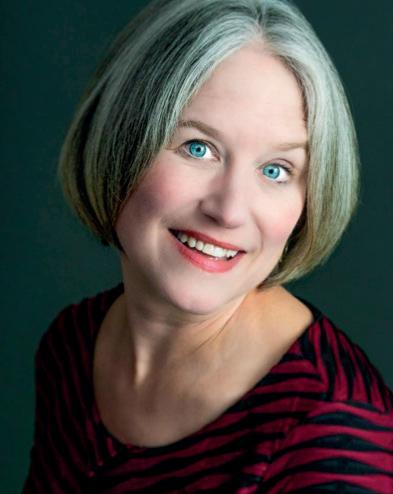
ULa traviata is one of my favorite operas because it is both the perfection and the transcendence of the Italian bel canto style. This particular work of Giuseppe Verdi takes the compositional tradition of Bellini and Donizetti beyond its roots to its pinnacle.

Verdi uses all the existing tools to push our emotional buttons without forcing the art beyond the traditional style to something entirely new. Everything is tasteful. The pianississimo trombones joining the full orchestra in the last act (Verdi loved exaggerating dynamic markings in dramatic moments) are the closest he comes to innovation.
The minimal strings at the opening and the top of the last act give voice to Violetta’s soul, and the poignant return of a few important melodic figures at crucial moments tie this opera together perfectly without venturing into Wagnerian Leitmotifs or blatant romanticism. The comprimario (supporting) roles in La traviata are crucial in setting the scene.
Flora is a successful, confident figure from the Parisian demi-monde. Gastone is everyone’s fabulous friend. The Marquis d’Obigny and Baron Douphol are prime examples of the wealthy class who sustain and benefit from this underground world of courtesans and gambling. Annina and Doctor Grenville care genuinely about Violetta and arouse our sympathy. This wealth of characters sets Verdi up for some brilliant ensemble numbers. There’s the sparkling carefree music of Act 1, including the famous drinking song, or brindisi, in which all the guests join in Alfredo’s toast.
Then later, at Flora’s party, every principal and supporting character simultaneously expresses dismay, shock, heartbreak, shame, empathy, or anger at Alfredo’s confrontation with Violetta in one of the great operatic ensembles of the repertoire — the Finale of Act II, scene 2.
For those fond of culinary analogies, La traviata is like an elaborate feast cooked thoroughly from ingredients Verdi already had in his kitchen. Buon appetito!

/ 19
LA TRAVIATA MEET THE RTISTS A

HYUNG YUN, Giorgio Germont
Baritone Hyung Yun has been acclaimed for his “subtle musicality and grand voice” and regularly performs on the most esteemed opera stages in the United States. With The Metropolitan Opera, he has performed including Valentin in Faust, Ping in Turandot, Manon Lescaut by Massenet with Renee Fleming, Silvio in Pagliacci, Count Nottingham with Sondra Radvanovsky in Roberto Devereux, Albert in Werther, Lescaut in Manon Lescaut, Zurga in Pearl Fishers with Matthew Polenzani, and Belcore in L’elisir d’amore. With Los Angeles Opera, he played Angelotti in Tosca, Marcello in La bohème, Micheletto Cibo Die Gezeichneten and Manon Lescaut with Rolando Villazón. Yun has sung the role of Ping in Turandot with the Santa Fe Opera and Marcello in La bohème with San Francisco, as well as Enrico in Lucia di Lammermoor at Minnesota Opera, Tulsa Opera, Toledo, and Opera Carolina. With Washington National Opera, he performed Germont in La traviata, Sharpless in Madama Butterfly, as well as the title role in Don Giovanni. A highlight in his career has been performing the role of Ford in Falstaff as part of the Tanglewood Festival with Maestro Seiji Ozawa. On the concert stage, he has performed in Beethoven’s Symphony No. 9 with Tokyo City Symphony, Nielson’s Symphony No. 2 with Philadelphia Orchestra, Verdi’s Requiem at Lincoln Center, and Carmina Burana with the Colorado Symphony and San Francisco symphony. In the 2021-22 season, Yun returned to sing Ping in Turandot with The Metropolitan Opera, Germont La traviata with Calgary Opera, and Yamadori in Madama Butterfly with Dallas Opera. For the 2022-23 season, Yun returns to The Metropolitan Opera for their production of Rigoletto.
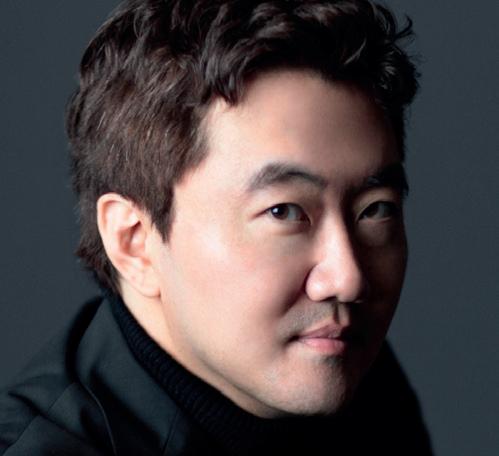
ASHLEY WEST-DAVIS, Flora Bervoix
Praised for her magnetic stage presence and vocal versatility, Ashley West-Davis is a crossover artist and educator who regularly performs in both opera and musical theatre. Ashley began singing with Opera Carolina as a Resident Artist in 2019, as the Apparition in Verdi’s Macbeth. She has appeared with the company as a soloist in the successful iStream NOW series, the annual St. Nektarios Christmas concert, and in various pop up concerts around the Charlotte area. Last season, she sang in the ensembles for both The Falling and the Rising and Aida with Opera Carolina, and served as a Faculty Guest Artist at Winthrop University as the Witch in Hänsel and Gretel. Previous opera Credits include Die Zauberflöte (Dritte Dame), Hänsel und Gretel (Hänsel), The Merry Widow (Olga), Hand of Bridge (Geraldine), The Mikado, Suor Angelica, and L’elisir d’amore. Ashley has performed as a soloist with the Lubbock Chorale, La Musica Lirica, Operafestival di Roma, Manhattan Opera Studio, and in concerts at the National Opera Center and Carnegie Hall. In 2022, she served as Vocal Coach for the premiere of Here There Be Dragons, an off-Broadway musical at the Players Theatre in New York City. Favorite musical theatre credits include The Rocky Horror Show (Magenta), Chitty Chitty Bang Bang (Truly Scrumptious), Spring Awakening (Wendla), and You’re A Good Man, Charlie Brown (Lucy). Ashley holds a Doctor of Musical Arts from Texas Tech University, a Master of Music from New York University, and a Bachelor of Arts in Musical Theatre from Coker University. Her dissertation, “Dominick Argento’s Miss Manners on Music: A Performance Guide for Singers” explores the preparation and performance of contemporary art song, with a focus on Argento’s work in particular. Ashley currently maintains a private studio and teaches voice at Winthrop University.
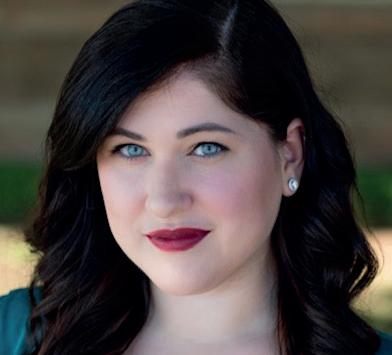
MICHAEL OWENS, Gastone
Michael Owens is a tenor and Principal Resident Artist with Opera Carolina. His involvement in the 2022-23 season began with singing in the chorus for Opera Carolina’s production of Tosca. He will now debut as Gastone in the company’s upcoming production of La traviata, and he will also serve as the cover for the role of Alfredo. The 2021-22 season was Michael’s first with Opera Carolina, where he was involved in every grand opera of the season — he joined the companies of I Dream, Don Giovanni, The Falling And The Rising, and Aida. He also performed a role debut as The Messenger in Aida. As a finale to Michael’s season, he made his debut as a Tenor Soloist with the Charlotte Symphony Orchestra during their Summer Concert Series, singing excerpts as Nadir in Les pêcheurs de perles. Michael’s operatic pursuit began in Charleston, SC, where he performed the role of Chevalier De La Force in Dialogues of the Carmelites with The College of Charleston Opera. During his time in Charleston, he also gave partial performances of several other operas, including the roles of Alfredo in La traviata, Nemorino in L’elisir d’amore, and Nanki-Poo in The Mikado. Michael holds a bachelor’s degree in Vocal Performance from The College of Charleston and is continuing his studies privately with Scott Flaherty.
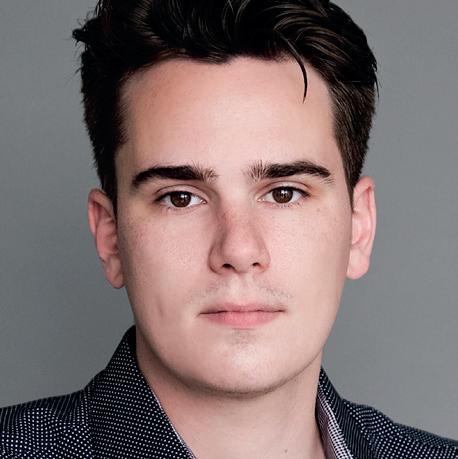
INSIDE OPERA
20/
LA TRAVIATA MEET THE RTISTS A
JOHN FORTSON, Marquis d’Obigny

Basso John Fortson celebrates his third decade performing with Opera Carolina. Among his many appearances with his home company, John has performed the roles of Nouabad in Les pecheur du perls, the Mandarin in Turandot, Montano and Lodovico in Otello, and The Bonze in Madama Butterfly. He has also performed with Opera Southwest in New Mexico, Piedmont Opera Theater in Winston-Salem, Central Piedmont Opera Theatre, and The Charlotte Symphony. He will return to Opera Carolina as The Marquis in La traviata in the spring.
DAN BOYE, Baron Duphol
Dan Boye, BS graduate of Emory & Henry College and PhD recipient from the University of Georgia, is the Paul B. Freeland Professor of Physics at Davidson College. He applies 3D X-ray imaging to art and artifact and develops new optical and luminescent materials. Dedicated to bringing together science and the performing arts, he has provided educational opportunities for thousands of public-school students and adults of all ages, musical, and scientific backgrounds. With his strong, rich bass-baritone voice, Dan has been recently featured as J. Edgar Hoover in I Dream, Cecil in Maria Stuarda, Sam in Trouble in Tahiti, the French General in Silent Night, Sid in La Fanciulla del West, and Blitch in Susannah. He is a veteran of over 35 productions with Opera Carolina beginning in 1991.
RAMELLE BROOKS, Doctor Grenvil
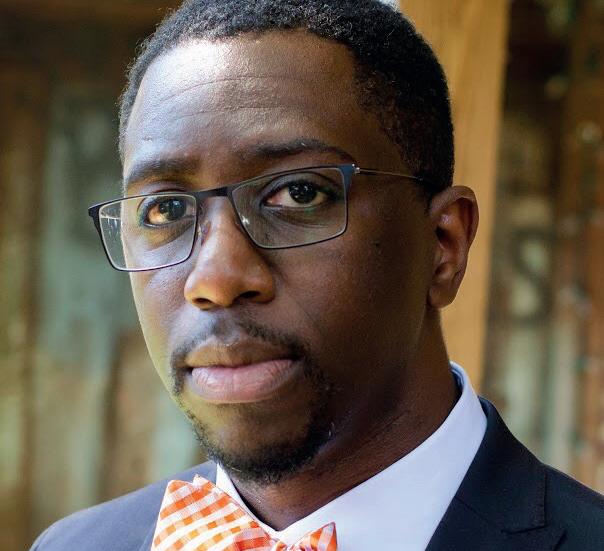
Ramelle Brooks’ noble bass voice has been described as powerful yet full of color and nuance. Ramelle is a young artist who is on the rise in the operatic community. He has been afforded the opportunity to sing roles in operas such as Sarastro in Die Zauberflöte, Doctor 6 in The Falling and Rising, Norton in La Cambiale di Matrimonio, Nardo in La Finta Giardiniera, Dr. Dulcamara in L’elisir d’ amore, and Dick Deadeye in H.M.S. Pinafore. His musical credits include Smokey Joe’s Cafe and The Carousel. Ramelle is also a vibrant soloist with regional choruses and orchestras. He holds a Doctor of Musical Arts and Master of Music in Performance from the University
HANNAH HOYT, Annina


Acclaimed as having a “robust” and “resonant” voice of “ample quality and quantity,” bass, Hannah Hoyt is a member of Opera Carolina’s Resident company. Her decent roles include Musetta (La Boheme,) Pamina (The Magic Flute,) Maguelonne (Cendrillon) and Adele (Die Fledermaus) with Little Opera Company 2017-2019, Barbarina (The Marriage of Figaro) with Lyric Opera Studio Weimar (Germany debut) in 2018, Gretel (Hansel and Gretel) and Shepherd Boy (Tosca) with Central Piedmont Opera 2016-2017, and Despina (Cosi fan Tutte) with Mosaic Opera in 2016. Other roles with Opera Carolina include Lucy in Billy Goats Gruff, Hansel in Hansel and Gretel. Hannah received her musical education at Berklee College of Music and Phillipos Nakas Conservatory in Greece.
MICHAEL BAUMGARTEN, Director of Production/ Resident Lighting and Video Designer
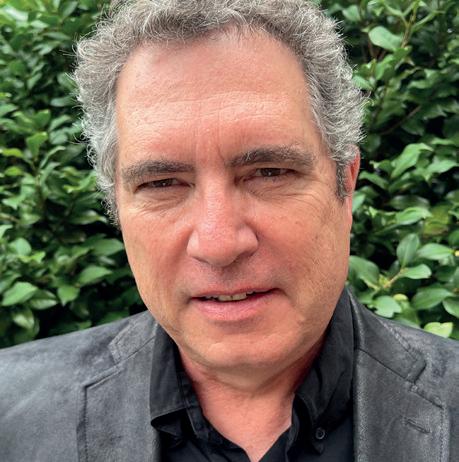
Opera Carolina’s Director of Production and Lighting Designer since 2005, Michael Baumgarten has designed lighting for more than 400 opera productions at regional and international opera companies, including New York City Opera, Florida Grand Opera, Opera Lyra Ottawa, Manitoba Opera, Santa Fe Opera, Austin Opera, Arizona Opera, Lyric Opera Kansas City, Palm Beach Opera, Toledo Opera, Opera Grand Rapids, Michigan Opera Theater and Virginia Opera. A graduate of the Yale School of Drama and member of United Scenic Artists-Local 829, Mr. Baumgarten has served as Director of Production and Resident Lighting Designer for Chautauqua Opera since 1999. Equally at home with digital design and innovative technologies, he has designed and created new digital imagery for over fifteen Opera Carolina productions including Turandot, Les pêcheurs de perles, Nabucco, Macbeth, Roméo et Juliette, La fanciulla del West, and I Dream.
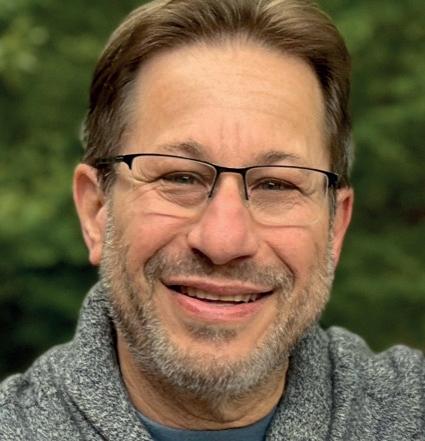
INSIDE
/ 21
OPERA
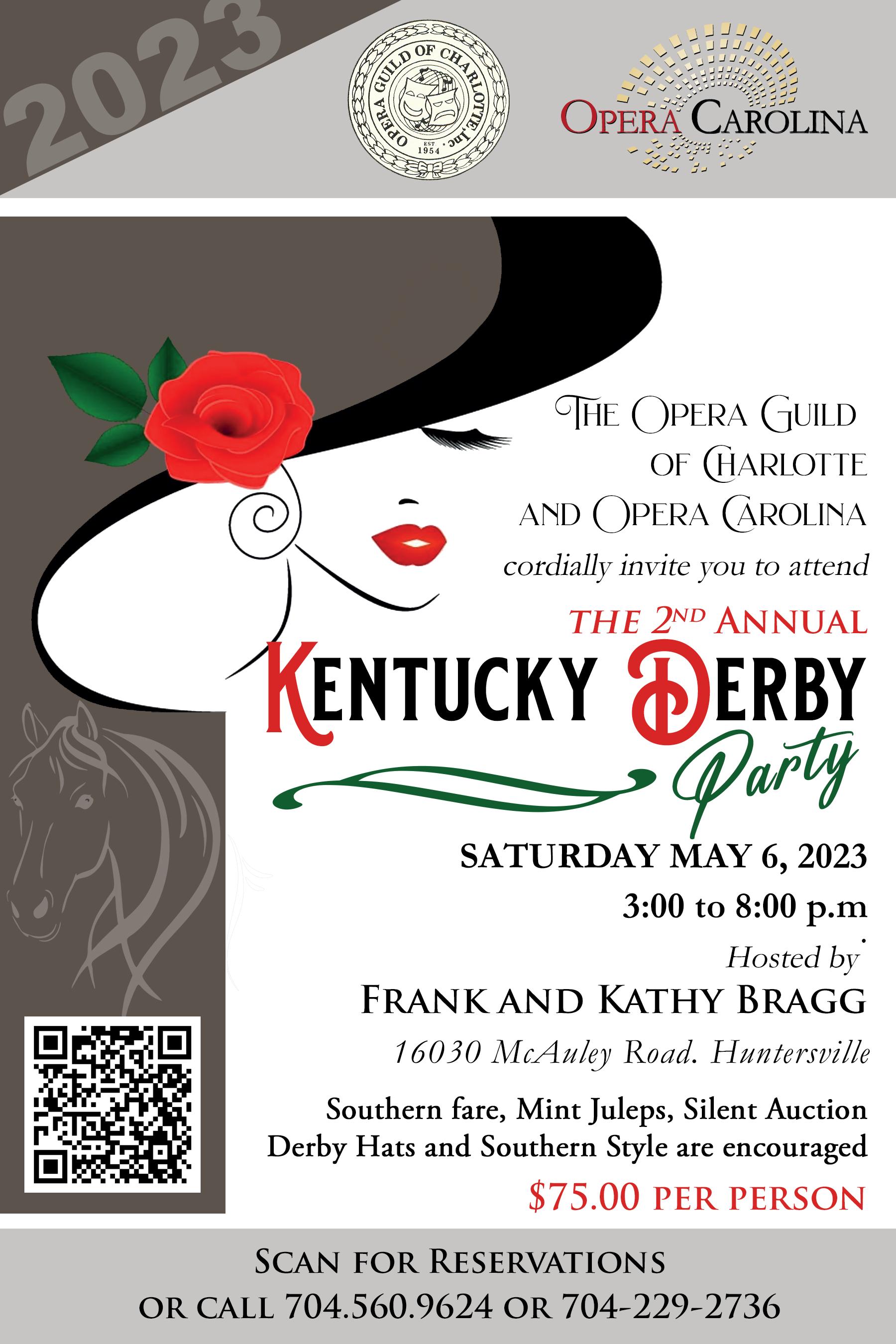
SPECIAL EVENTS

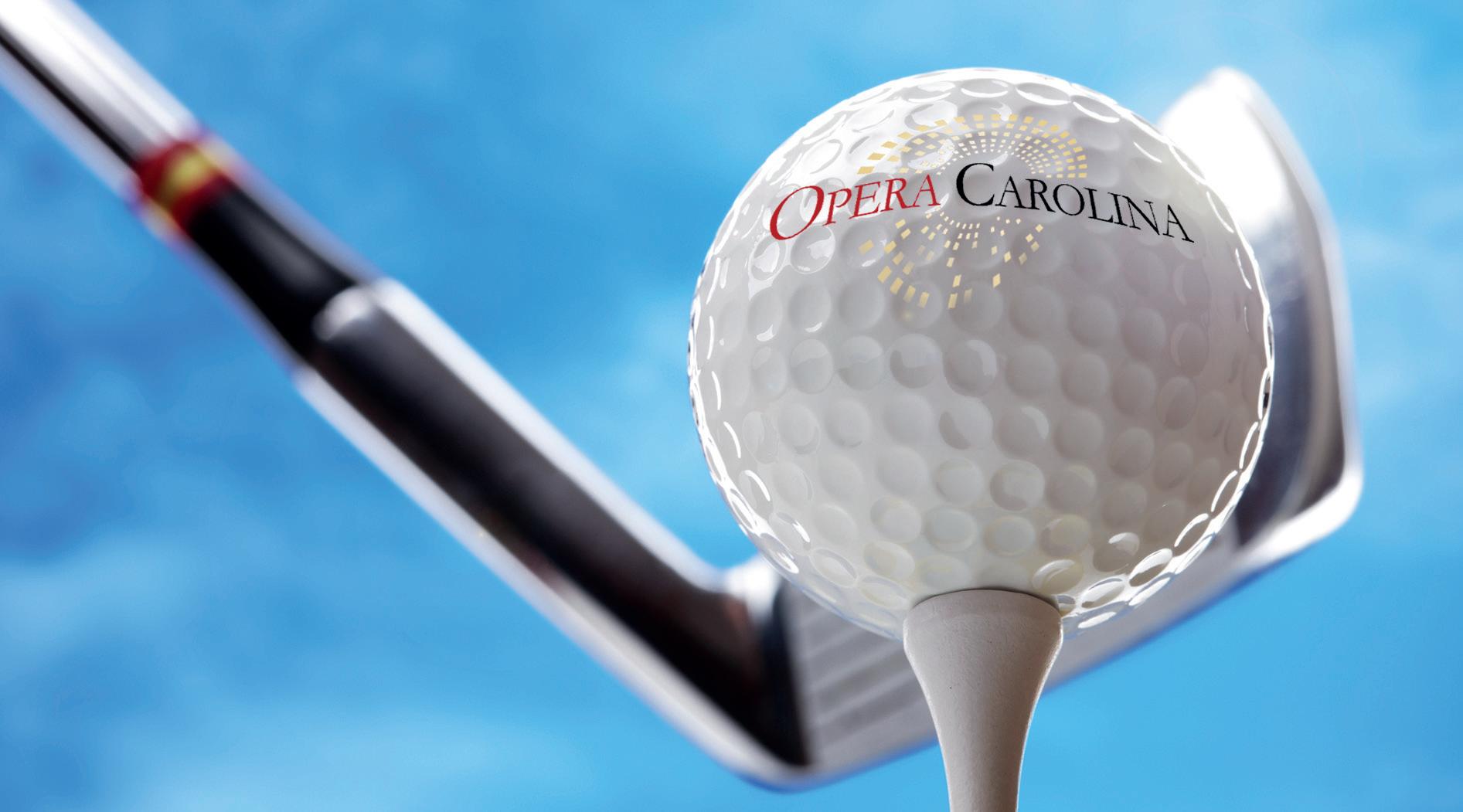
/ 23 Opera Carolina Benefit Golf Tournament May 15, 2023 Longview Country Club Join us for an exceptional day on the course for a great cause. Longview’s Jack Nicklaus Signature Course is the only residential golf course in the Charlotte region to earn a place in Golf Digest’s prestigious “Best in State” rankings. Players receive a Titleist Premium Gift Package Proceeds benefit Opera Carolina’s Education Programs. operacarolina.org/opera-carolina-classic-cup
OPERA ADMINISTRATION
HOW TO ALIGN RT AND USINESS
RESOURCES A B
 By Gail Garvin
By Gail Garvin
Regarding the arts, we often romanticize the finalproduct presented on stage and rarely pay attention to what happens before the curtain goes up or how the curtain gets up. The real magic happens behind the scenes through the men and women managing the arts.
But it’s important to highlight the thriving force of arts and culture: Women! According to the National Endowment for the Arts, 71% of women hold careers in the arts industry. In their 2021 Field Wide Demographic report, Opera America reported that women maintain 60.8% of administrative staff positions within Opera. In leadership staff, women occupy 53.8% of roles nationally but only 41.7% in the South.
Like any industry, a team of diverse, talented minds helps run a well-oiled machine. In the artistic realm, there is something special about a career that aligns with creative and practical business skills and a passion for color, classics, culture, and communit y.

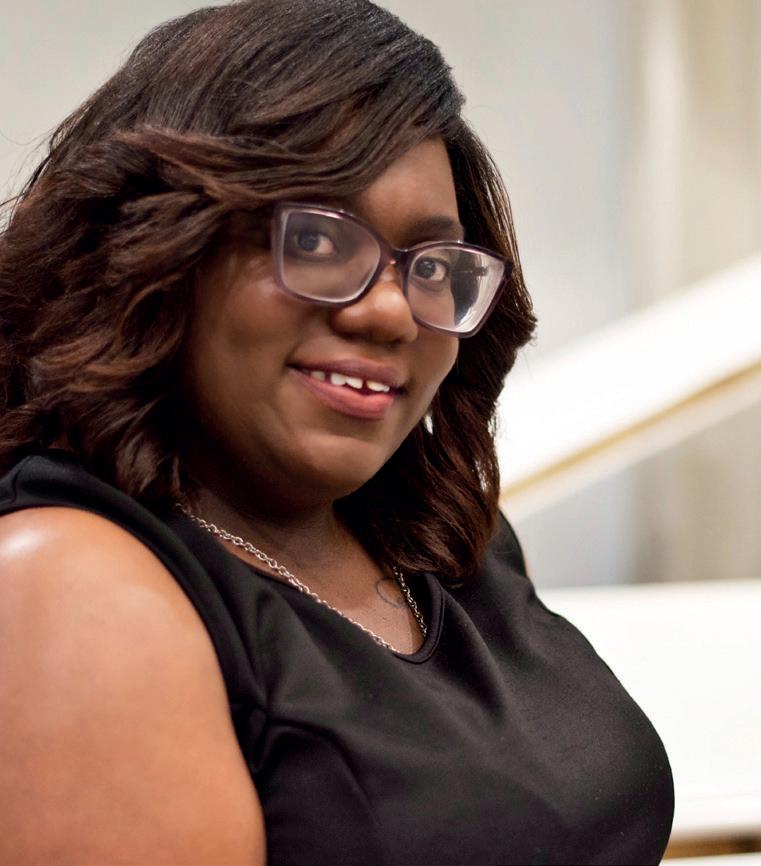
24/
MOVING ALONG IN THE ARTS
If you’re interested in a future career in the arts, start your journey by choosing a specialization. For example, you might specialize in a particular discipline or setting, such as music, ballet, theatre/broadway, museums, or art galleries. Next, pick an education or career path. You can apply your education and experience to finance, accounting, marketing, development and fundraising, sales, community engagement, programming, human resources, production, or nonprofit law. You might get a degree in arts administration, nonprofit management, or entertainment business. Once established in your role and industry, it’s time to get involved in your community. Many organizations in Charlotte, including Opera Carolina, offer career-building programs. Then, connect with local arts organizations about internships and apprentices hips.
Over time, you will hopefully find yourself playing a role in advocacy and philanthropy or creating an arts organization that inspires the world.
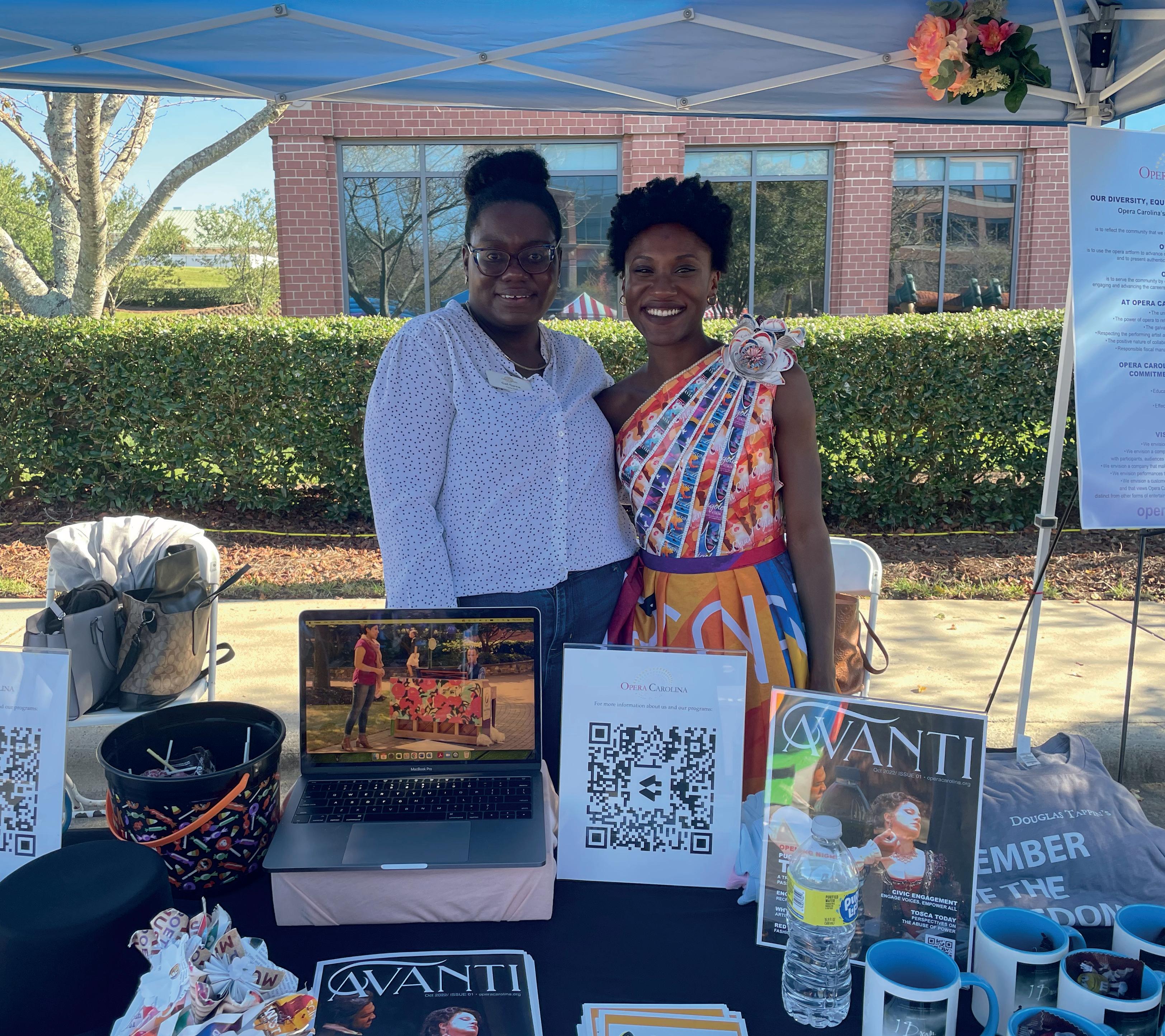

/ 25
Since 1999, the Hearst corporate office in Charlotte and the Hearst Foundations in New York have provided a reliable, firm foundation for Opera Carolina’s philanthropic campaigns.
Hearst corporate has been the Title Sponsor of the season-opening opera production in each year from the 2001/02 season to the 2022/23 season-opening production of Tosca. This amazing support is made more significant by the investment the Hearst Foundations have made in Opera Carolina

THANK YOU TO THE MEN AND WOMEN WHO MAKE HEARST A SPECIAL CORPORATE PARTNER.

A COMMUNITY Q&A WITH NATALIE FRAZIER-ALLEN OMEN WHO MPOWER PERSPECTIVES
Natalie Frazier-Allen is an attorney and CEO of The Arts Empowerment Project.
As CEO of The Arts Empowerment Project, Natalie Frazier-Allen is a tastemaker for inspiring empowerment initiatives in visual and performing arts. Her team acts as catalysts for generating a positive impact by helping underserved youth thrive through exposure to creativity and artistic fundamentals. Opera Carolina asked Allen to share her story about how art allowed her to become the person she is today and her advice for women building their creative careers.
Q: First, can you tell us more about The Arts Empowerment Project and your reasons for starting the program? How did your earlier experiences with art influence your path today?
A: I grew up in New York City in the 80s. My parents provided a safe, stable home and always shared the importance of faith, empathy, integrity, and giving back. From a young age, I played piano and loved to draw and paint. My father worked in advertising, and my mother taught choral music in the city’s public schools. I dreamed of attending art school and got accepted to two Manhattan specialized arts high schools. But with NYC’s crime rates then, my parents ultimately decided I should attend a magnet school closer to home. My attention then shifted to joining my high school’s law team and becoming an attorney.
Early in my career, I worked in Washington D.C.’s attorney general’s office and served as chief of the Domestic Violence Unit. I began volunteering as a Guardian ad Litem for Mecklenburg County, investigating and promoting the best interest of abused, neglected, and dependent children in the county’s foster care system.
After several years as a Guardian ad Litem, I began exploring the idea of using the arts to mitigate the effects of adverse childhood experiences. National studies have shown that at-risk children exposed to the arts have more positive life outcomes, including getting better grades, being more likely to attend college, and showing more civic-minded behaviors such as voting and volunteering. And yet, many young people who experience social, racial, health, and economic disparities never have the opportunity to participate in high-quality arts programming. I wanted to help bridge the gap for this community of children and empower them through the arts, so I founded The Arts Empowerment Project.
Q: What pathways would you recommend for adolescents interested in becoming visual/performing artists?
A: Adolescents should become engaged in their community, accessing new opportunities and gaining experiences that expose them to various artistic outlets. A broad understanding of different art disciplines will give them a wider lens to view the world of art and make their chosen discipline richer.

/ 27
“ Women remain courageous, resilient, and resourceful. Seeking out role models, mentors, and like-mindedness is invaluable ”
W E
Q: La traviata translates to The Fallen Woman. How do you believe art paints the stories of women?
A: That is a question that would take a long time to answer and is an extensive topic, but suffice it to say that art has often portrayed women from an archaic perspective, which includes female tropes and the subjugation, over-equalization, and marginalization of women.

The concept of the fallen women dates back to biblical times, but fortunately, positive and empowered female-centered art is ever-evolving. Women are creators, innovators, sources of inspiration, and leaders sharing critical, beautiful work.
Q: Have you experienced a piece of art or music representing your story?
A: Music and art representing different parts of my life story inspire me. It’s tough to pick just one. Still, a favorite right now is a piece of art I recently acquired — Three Women of America by Elizabeth Catlett, which focuses on feminine strength, race, and unity. It makes me smile every day.
Q: Do you believe there are gender biases in the art world? What advice would you give to women looking to overcome gender bias in their artistic careers?
A: Gender bias has been a reality in art and will happen forever. If you look at visitation compared to male representation in museums worldwide, women are underrepresented.
However, I’m grateful that Charlotte has such amazing female creatives and art leaders validating and sharing the tremendous talent and visions in Queen City.
Women remain courageous, resilient, and resourceful. Seeking out role models, mentors, and like-mindedness is invaluable.
To learn more about The Arts Empowerment project, visit theartsempowermentproject.org.
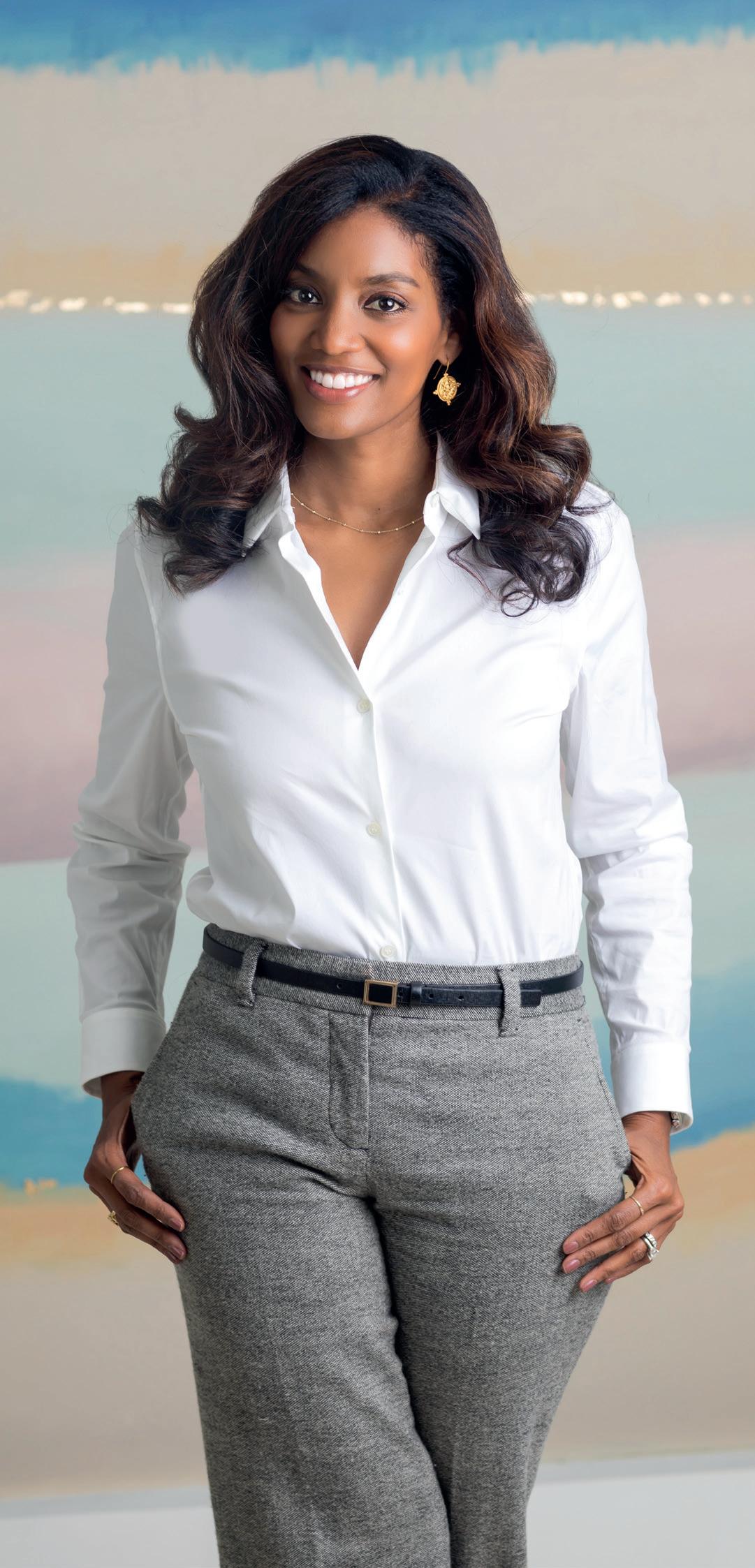
28/
BVLGARI HOTEL Milano



An Oasis of Luxury in the Heart of the City

Exclusively for our Opera Carolina's Patrons
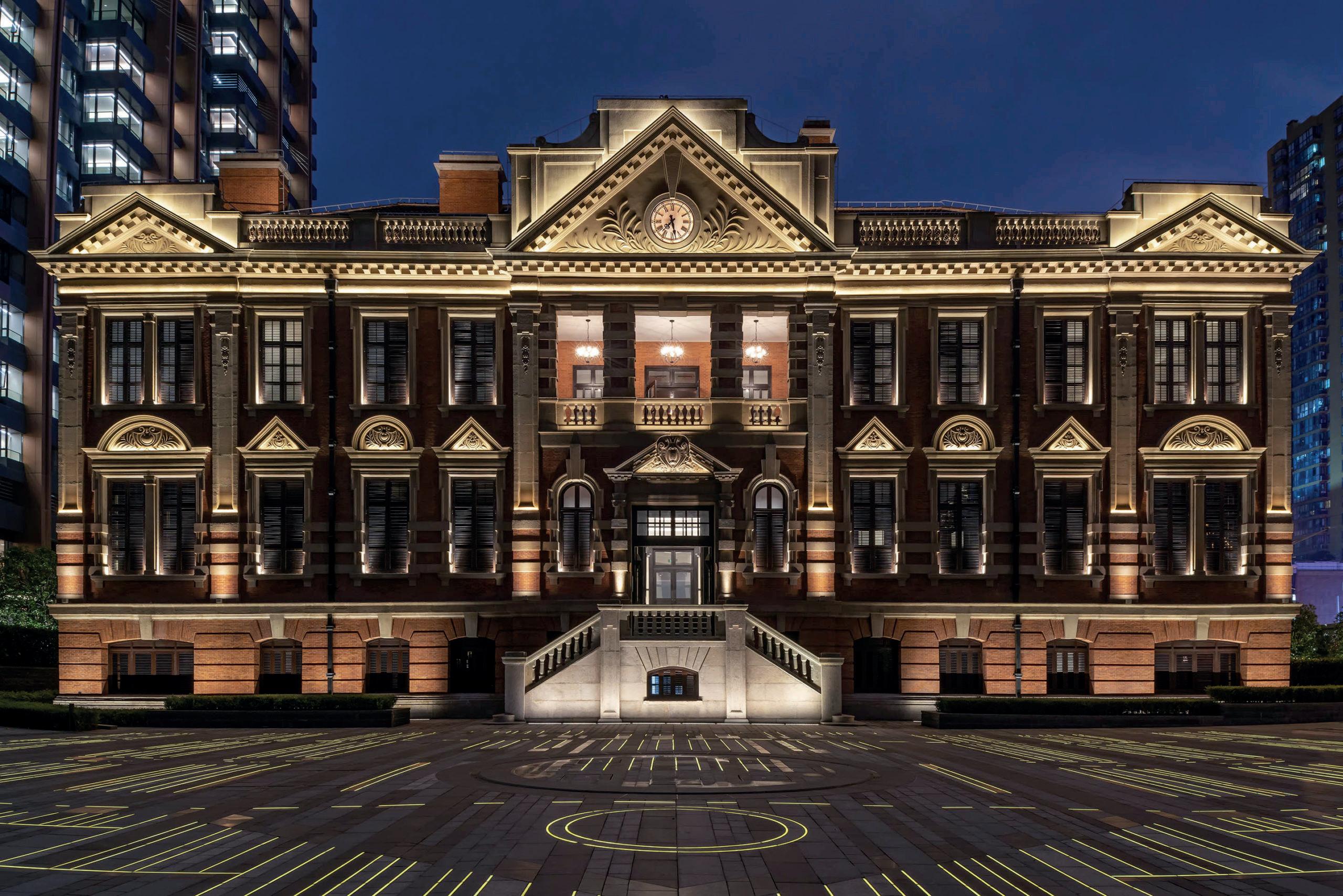
HE ROLES WE HOOSE PERSPECTIVES T C
By Melinda Whittington
Violetta is both a vocal and dramatic tour-de-force for sopranos, representing a pinnacle of achievement and ability in one’s career. The last time I performed this role, I was a young artist at Brevard Music Center in the mountains of North Carolina. I am thrilled to finally have the chance to revisit this fascinating role and stunning music with my home company, Opera Carolina.
Violetta Valery stems from Alexandre Dumas’ heroine in La Dame aux Camelias (1848), a novella about the real-life Parisian courtesan Marie Duplessis. She grew up with an abusive father who sold her to men in the village, then left her in Paris when she was about 11. She taught herself to read and write and climbed the ladder of sex work to become the most famous woman in Paris before dying of tuberculosis at 25. Most women at the time had no means of supporting themselves and, therefore, no economic freedom. In many ways, being a courtesan allowed women independence and freedom they would have never otherwise enjoyed. Courtesans could speak openly and enjoy nightlife and high culture the way a man could.
La traviata is a character trope that has appeared in stories over and over for centuries – the Madonna versus Jezebel dichotomy. The societal framework traps Violetta; she does not fit what they have defined as a “woman,” and society punishes her for it. However, Verdi’s portrayal shows that she is not just one or the other. She’s a character full of contradictions that make us human, owning her choices in all her messy, complicated, irrational glory. Violetta chooses to give up her happiness for the sake of an innocent girl - Alfredo’s sister - and experiences that choice as an act of spiritual redemption. As iconic soprano Renee Fleming once said, “She ultimately has more integrity than every other character in the opera.”

Women feel constrained by society’s contradictory definitions and expectations. I am a mother to two precious little boys - Isaac and Simon - and motherhood is rife with these expectations and judgments on all sides. There is shame and guilt whether staying at home or going to work (as if staying at home were not a full-time job). Current society traps women into feeling that we not only can but should have it all - the career and the family. We are not “doing it right” if we cannot work full time, exclusively breastfeed, make home-cooked meals and homemade organic baby food, lose all that baby weight, and get in a regular date night. On top of this impossible balancing act that mothers feel, add the typical life of a traveling opera singer. I’m either away from my family for weeks at a time while on a gig, or I take my children away from their home, routine, and dad, somehow hoping to balance an unpredictable rehearsal schedule with childcare in an unfamiliar city and solo parenting.
The roles I play of “mother” and “opera singer” are often difficult to balance. But both parts are me, who I am at my core. As a singer, I share music with audiences and tell stories that transport and teach us. And I know that I am a better mother when I embody that calling. So, these are the roles I choose. It’s messy and complicated - grabbing 5-minute chunks of practice while my boys bang every key on the piano is a logistical nightmare. And it’s also breathtakingly beautiful. Like Violetta, the motivation for my roles also stands at the core of my choices: love.
LA TRAVIATA TODAY
30/
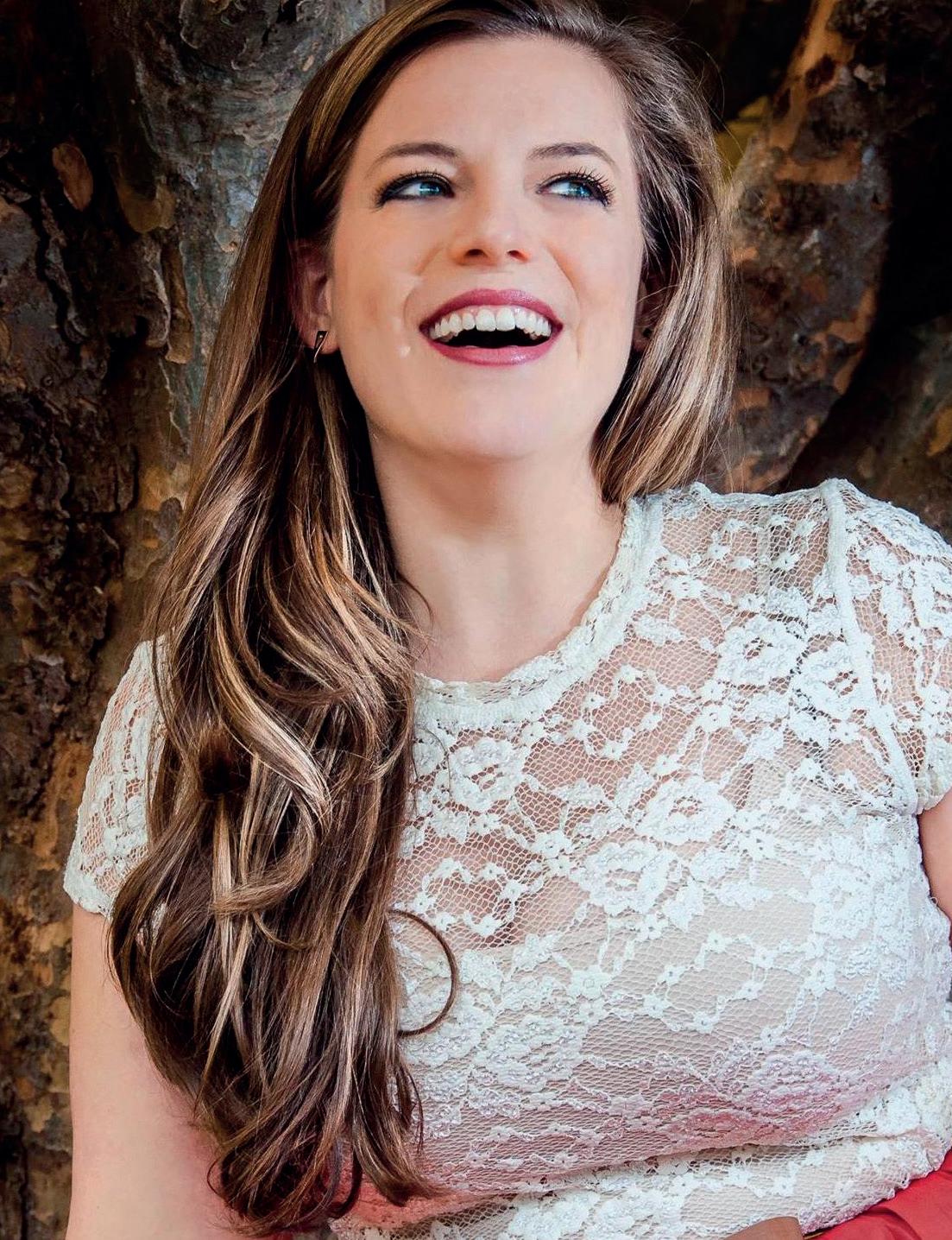
DONOR SPOTLIGHT

HONORING
Drs. KI-HYUN and SUN-SHIN CHUN
Each issue, Opera Carolina highlights a patron whose philanthropic work has transformed our company and the community.
WALKING THE WALK
By James Meena
Philanthropy -- “The love of man – “Caring for, nourishing, improving and enhancing the quality of life for humankind” -- “The desire to promote the welfare of others, expressed especially by the generous support to good causes.”
Over my more than forty years working in professional opera, I have encountered many extraordinary people who have embraced this definition of philanthropy, but none more so than Drs. Ki-Hyun and Sun-Shin Chun.
Dr. Chun and Sunny immigrated to the US in the 1970s to pursue their advanced degrees and begin a new life, which they have done magnificently. Their accomplishments are numerous:

Dr. Chun was named “A Hero of Democracy” in 1997 by the Charlotte Observer and “1998 Businessman of the Year.” He received the “Opal Moretz Alumni Service Award” in 1999 from Lenoir-Rhyne University. He was re-appointed in 2003 by South Korea’s former President Roh Moo Hyun to serve as a Korean Unification Advisory Committee member. He received the Richard Vinroot International Achievement Award from the Charlotte International Cabinet in 2009 and much more.
Sun-Shin “Sunny” Chun, R.N., M.A., LL.D., graduated from the Red Cross School of Nursing in Seoul, received a B.S. in Christian Education in 1992 from East Coast Bible College, and an M.A. in Christian Education from Pfeiffer University in 1998. Sunny received an Honorary Doctor of Laws Degree (LL.D.) from Lenoir-Rhyne University in May 2000.
The Chuns are maximalists seeking and creating vehicles for the opportunity to serve others, and they do so selflessly. One of the most impressive examples of their “walking the walk” is the annual dinner they hold to thank American veterans of the Korean War.
32/
I have had the privilege of attending this gathering and heard the Chuns express gratitude to the veterans and this country.
Dr. Chun and Sunny are also artists. Dr. Chun is an accomplished painter, and Sunny is an accomplished soprano. Dr. Chun’s paintings display throughout the library and the offices of the Chun Group at The Asian Library on Baxter Street. The Asian Library is their incredible initiative to gather thousands of Asian language literature, not only Korean, for the use of all.
Dr. Chun has been a significant patron of the Opera since joining the Board of Directors. When the financial crisis of 2008 threatened to overwhelm our company, Dr. Chun was the sole Board member to step forward and challenge the Board and the community to do whatever was necessary to ensure the survival of Opera Carolina.
Those who have visited the Opera office on Elizabeth Avenue note the beautiful landscaping donated by the Chuns. Often, you can find the Chuns out front of the Opera after hours, watering the flowers or planting a new shrub, reminding me of J.C. Watts’ statement that “character is doing what’s right when nobody’s looking.”
Dr. Chun and Sunny have been, and continue to be, an inspiration to our staff, our Board, and the community at large. It has been my privilege to call them my friends, as it has been Opera Carolina’s good fortune to count them as patrons.
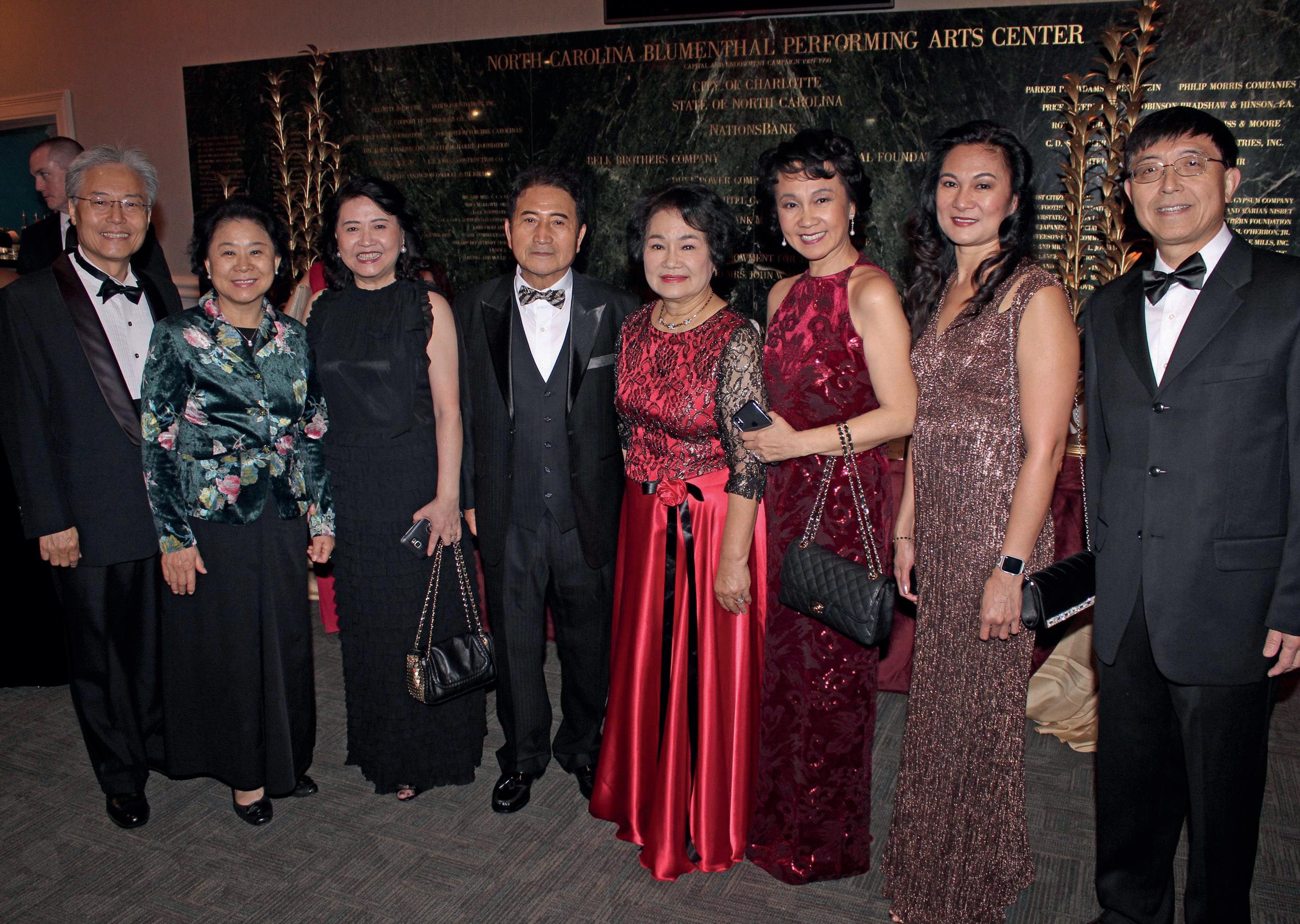

/ 33
Dear Friends of Opera Carolina and WDAV,
Join us this fall for an exclusive, small-group tour to Northern Italy, featuring great music, art, food and wine in Venice and Milan, and climaxing with the opening night of Opera Carolina’s new production of Mozart’s The Magic Flute on Lake Como, conducted by Charlotte’s own Maestro James Meena.


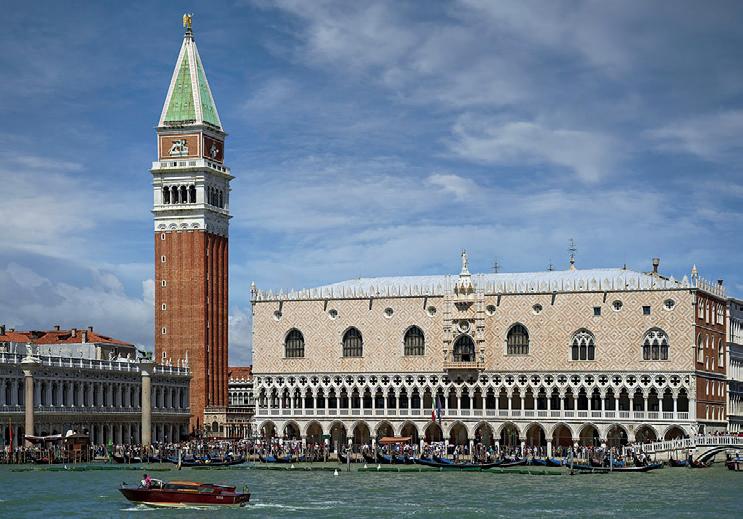

Private chamber concerts in extraordinary venues, optional performances at La Scala Milan and the historic Teatro Malibran in Venice, private viewing of Leonardo’s Last Supper, after-hours tour of the Doge’s Palace, a superb Villa on Lake Como, outstanding food, and deluxe accommodations make this an unforgettable experience.
Tour limited to only 25 participants.
CANTO ITALIANO

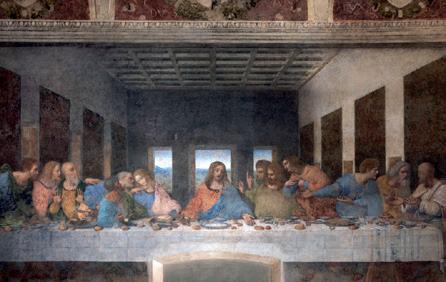
Enchanting Italy
September 20 – 30, 2023*
*Tour begins September 21 in Milan
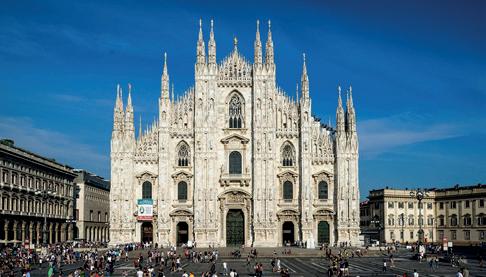
More details to come soon at www.operacarolina.org and www.wdav.org
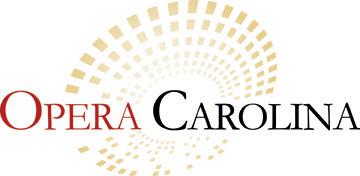


SAVE THE DATE

POP CULTURE
VIOLETTA IS ‘ HAT IRL’
CONTEMPORARY T G
By Alina MacNichol
When asked by opera newcomers to describe the plot of La traviata, I often mention the movie Pretty Woman, the most recognizable modern-day adaptation of the classic story of a fallen woman redeemed through true love. Romance and drama abound in both stories, but unlike Julia Robert’s fate, La traviata ends in tragedy with the heroine Violetta surrendering her heart to cruel social conventions.
Verdi created a story that dealt with the realities of life in his society, many of which resonate with us today: privilege, illness, social exclusion, and the hardship and hypocrisy women face in a male dominated world. He also created one of the most riveting and sympathetic female characters in opera, a courtesan with an infectious zest for life and a generous spirit.
Violetta lives outside society’s accepted norms and has the freedom and power to do as she chooses. Empowered by her strong will, passion, and determination to control her destiny, she decides to change her life to be with Alfredo. Ultimately, however, she gives up Alfredo so his sister can find happiness and his family can maintain their social status.
Violetta decides to leave Alfredo out of compassion and an honest assessment of their future, maintaining her dignity despite heartbreak and illness. She can’t hold off death but faces it on her terms and dies knowing she is deeply loved and valued.

During her weakest moments, she shows the greatest moral strength of any character in the opera.
Despite being offered material things by her new lover to leave life on the streets, Vivian in Pretty Woman declared, “I want the fairytale.”

Similarly, Verdi has given us a true heroine who chooses freedom but believes in the enduring power of love, bravely sacrificing herself to fulfill a tragic destiny.
She is the model for other later heroines who are empowered to find their strengths and determine their own choices.
Most importantly, deciding whether to follow her heart or head, she is every woman in the audience.
36/
Opera CarolinaYouth AcademY
PREPARING STUDENTS FOR ALL STAGES OF LIFE
As Opera Carolina’s instructional arm, the Youth Academy offers regional 3rd-12th graders foundational and immersive training that hones voices and cultivates life and learning skills, with equitable access at the core of our mission.


SUMMER WORKSHOP for teens
JUNE 19 – JULY 22, 2023

Summer is the perfect time for young singers to experience focused, immersive training. In partnership with the International Lyric Academy, Opera Carolina invites 8th – 12th grade vocal artists to study with internationally acclaimed teachers and faculty from leading conservatories and universities alongside emerging young professionals from around the U.S. and world to experience:
vocal technique • master classes • private lessons • diction & language movement • yoga & breath work • more!
LEARN MORE OR ENROLL YOUR STUDENT!
OperaCarolina.org/youth ~ Education@operacarolina.org
/ 37
YOUTH ACADEMY THE EDUCATION
M C
CKENZIE OLEMAN MAKES HER MARK IN MUSIC EDUCATION
Interview by Ashley Johnson Lam
Now is when women are moving from a story’s subject to compelling creators both onstage and in the lives of others. Opera Carolina Youth Academy Chorus Director McKenzie Coleman is paving the way for young female students in the classroom and rehearsals. With excellent guidance from her later teachers, McKenzie found her way to college and a career as a music teacher at Park Road Montessori. Coleman also sings at Myers Park Baptist Church, Vox, Caritas, Women’s Chorus of Charlotte, One Voice Chorus, and most recently on stage with Opera Carolina in Porgy and Bess. Here’s how she’s making possibilities in music for herself and her students.
Q: What are some examples of success in the school district and classroom for modern-day women and their students?
A: Being visible is how I feel most successful. Kids who look like me have never seen a person like me in a leadership position in any capacity. Even here at my school – which I adore - the number of black teachers is disproportionately low. For some students, to see that someone like them can be a leader, even within this context, is monumental. And then, when I share the music-making outside of the classroom, it inspires them because they see that they can do music and something else. Music education is a female-dominated career path, but on the musician side, it’s male-dominated. So, it’s interesting for students to see both the familiar role of a teacher and music leadership. I intentionally present to my students that leadership at many levels is possible for modern-day women. I love teaching at the elementary level because they’re learning everything, and everything is a foundation of “I can do that” or “this is a possibility.”
Q: As someone who is an active musician and music educator, what unique benefits do music education and practice offer women at different stages of life?


A: Music helps us overcome stereotypes, for example, women who play instruments associated with men (like guitar). And our inherent nurturing nature matches the discipline it takes to be a musician, especially if you’re working with other musicians and students. Artists can be hard on themselves as they learn and grow; having that sort of care as a music educator can be beneficial.
Q: We are so fortunate to have you as our Academy Chorus Director. How do you see the Academy Chorus influencing our young female students?
A: For these young girls to see a woman of color as a conductor in a male-dominated industry is immeasurable. As they grow in their musicianship, it might happen less and less, but they’ll always have that background experience to know that other avenues of leadership can be valuable. For our group, which is the most diverse group of students I’ve ever worked with, it is priceless for them to have the experience of a black woman leading them
Q: As a Music Educator, what do you want to instill in your students that might help them in the future?
A: I tell them all the time that improvement is always the goal, not perfection. And we work on that skill through our activity. The desire and drive to improve and how it feels to actually improve is what I want to instill. We work on identifying the problem first and then setting a course to improve on it. The good ol’ musicianship values: discipline, practice, all of it. It’s all true, and I think it’s all about approaching them with that perspective. I believe genuine care is the way to go so it becomes a set of lifelong skills.
38/
SPECIAL EVENTS

PORGY AND BESS BLACK EXCELLENCE RECEPTION

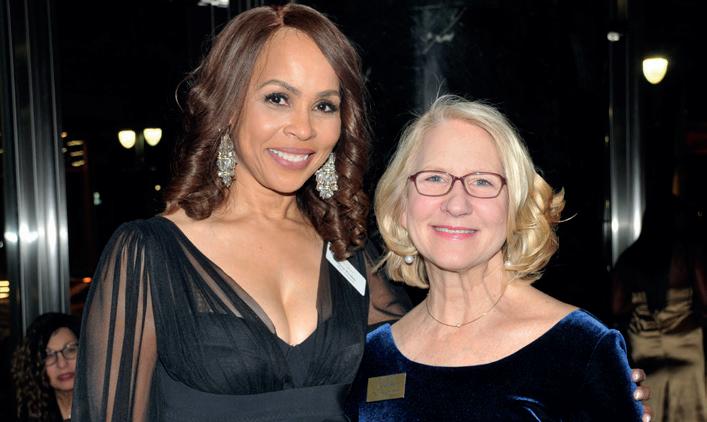
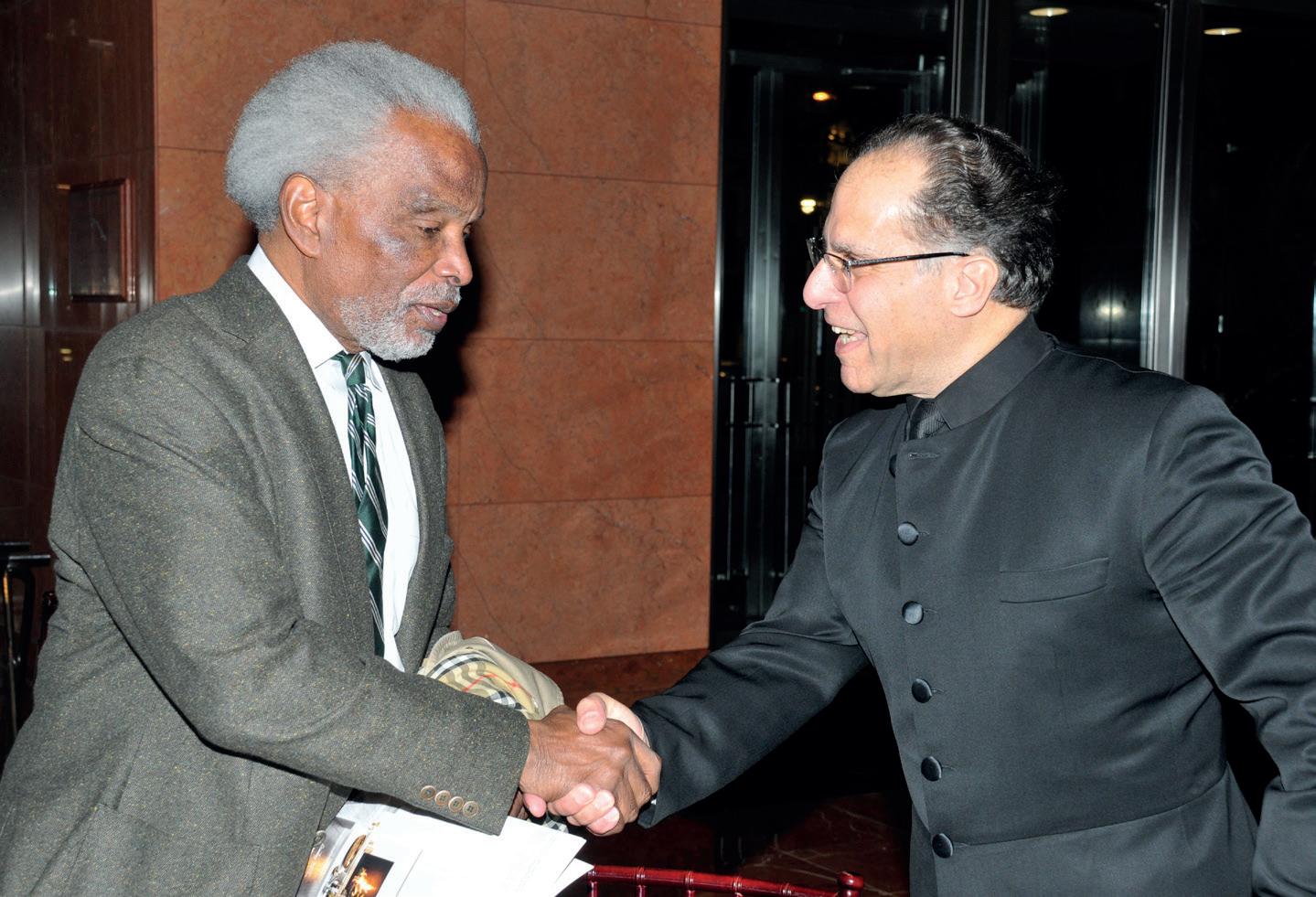
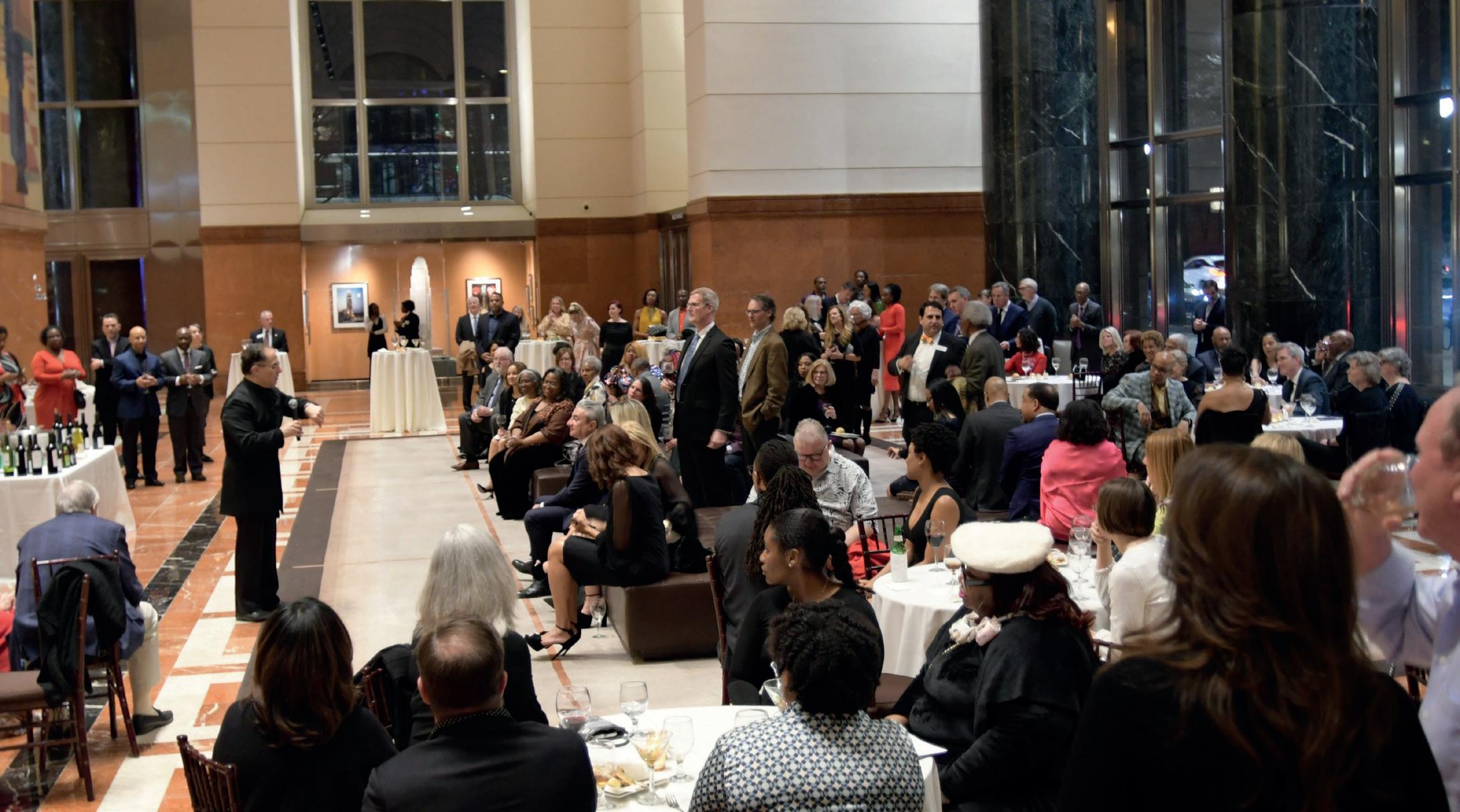
/ 39 GALLERY
Opera Carolina pre-Opera reception for Porgy and Bess, January 28th, Bank of America lobby
Former Board Chair Arlene Ferebee with Opera Guild President Pauline Chinnis
Board member Curtis Walls with Vanity and Cornell Jones
Patrick Diamond with Maestro James Meena
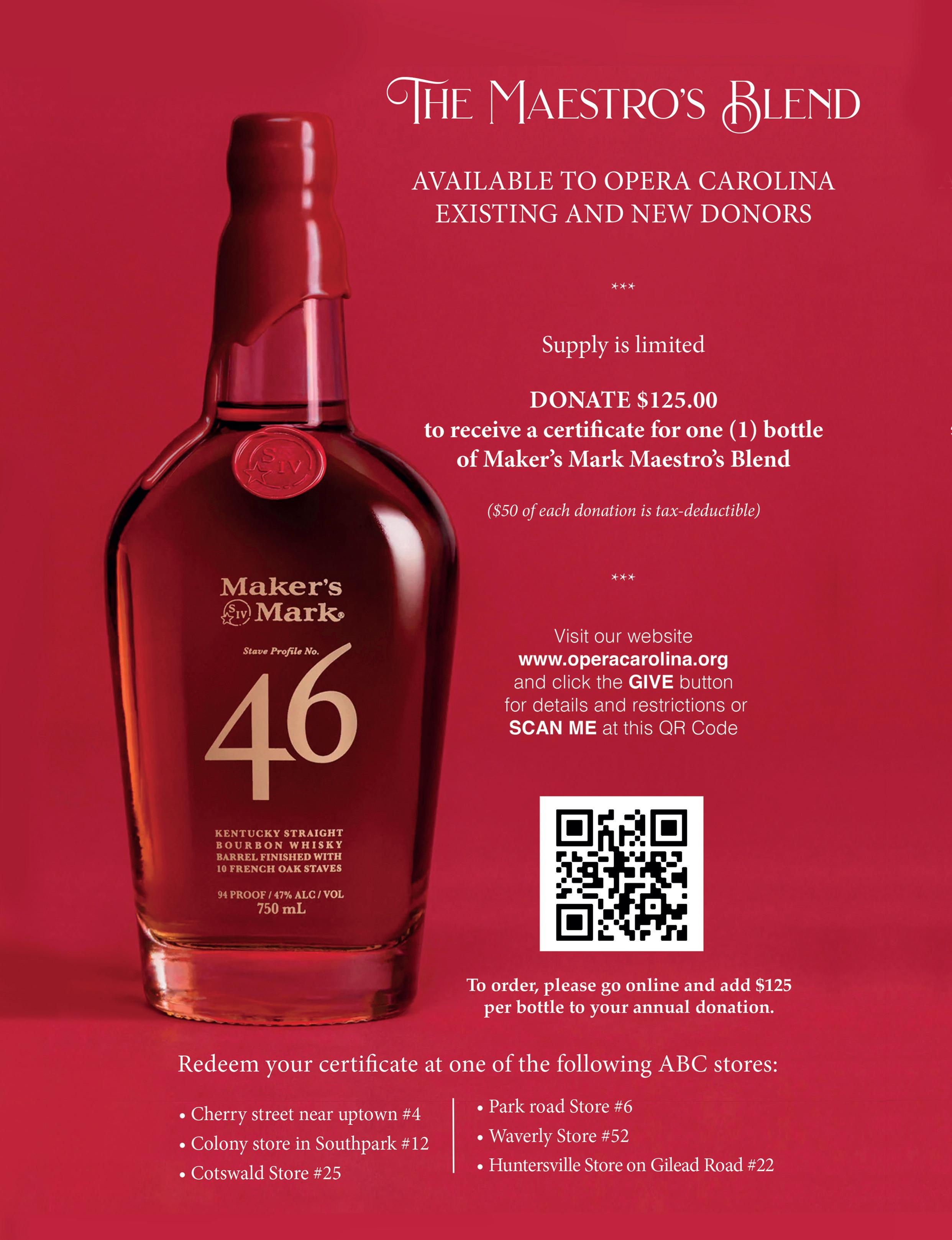







Proudly supporting Opera Carolina Imagine your home, totally organized! Locally Owned and Operated! CO Call for a free in home design consultation and estimate 704-707-4798 www.closetsbydesign.com Follow us Terms and Conditions: 40% off any order o f $1000 or more or 30% off any order of $700 or more on any complete custom closet, garage, or home office unit. Not valid with any other offer. Free installation with any complete unit order of $600 or more. With incoming order, at time of purchase only. Expires in 30 days. Offer not valid in all regions. 40% Off Plus Free Installation SPECIAL FINANCING FOR 18 MONTHS!
La traviata Calendar
PERFORMANCES ~ APRIL 20, 22 & 23
March 26 MUSICA DA CAMERA ~ 3:00 pm, Tate Hall, CPCC Campus
An exciting collaborative concert of Chamber Music and Classical Voice
April 4 LUNCH WITH THE STARS ~ 12:00 pm, The Palm, Philips Place
A member benefit event
April 11 THE SALON ~ 6:00 pm, Hosted by Aundrea Wilson
A Verdi Society member benefit event
April 13 LA TRAVIATA ENRICHMENT PROGRAM ~ The Opera Guild of Charlotte
6:00 pm, Hosted by Kim Dunnagan (Free to the public)
April 15 POP UP OPERA at the 7th Street Market ~ 1:00 pm (Free to the public)
April 18 THE STEPHANIE AND HOWARD BISSELL STUDENT NIGHT
7:00 pm, Belk Theater
April 20, 22 & 23 LA TRAVIATA, Belk Theater
April 23 THE MARCELLE AND PATTIE GORELICK MARCELLE MY MENTOR AND ME PROGRAM
12:00 pm luncheon and 2:00 pm performance ~ Forchetta Restaurant
MEET THE CAST of La traviata After Opera Party ~ 5:30 pm, 7th Street Market
April 30 FAMILY OPERA~ 3:00 pm, Historic Rosedale (Free to the public)
May 1
May 3
MUSICAL STORYTIME ~ 6:30 pm West Blvd. Public Library (Free to the public)
VOCES CON PABLO ~ 6:30 pm The Mint Museum Uptown
Celebrating Charlotte’s Latinx community and the Picasso Landscapes: Out of Bounds, spoken word and music
May 6
May 13
May 15
KENTUCKY DERBY PARTY ~ The Opera Guild of Charlotte fundraiser

3:00 pm Hosted by Frank and Kathy Bragg (Limited reservations available online)
MUSICAL STORYTIME ~ 2:00 pm Steele Creek Public Lilbrary (Free to the public)
BENEFIT GOLF TOURNAMENT ~ 9:00 am Longview Country Club (Go online to reserve your team)
DON’T MISS OPERA
EVENTS
*7th Street Market is staying open for our Artists and Audience to meet and greet after a great performance.
CAROLINA’S SPRING
Enjoy Opera, then relax.


Experience the next level in luxury real estate when you partner with us.
#1 privately owned real estate company in the country. Founding member of Leading Real Estate Companies of the World ® and Luxury Portfolio International. ®

UNRIVALED LUXURY
A HOWARD HANNA PARTNER






































 The George W. Bauer Family Foundation
The George W. and Ruth R. Baxter Foundation
The George W. Bauer Family Foundation
The George W. and Ruth R. Baxter Foundation





































































